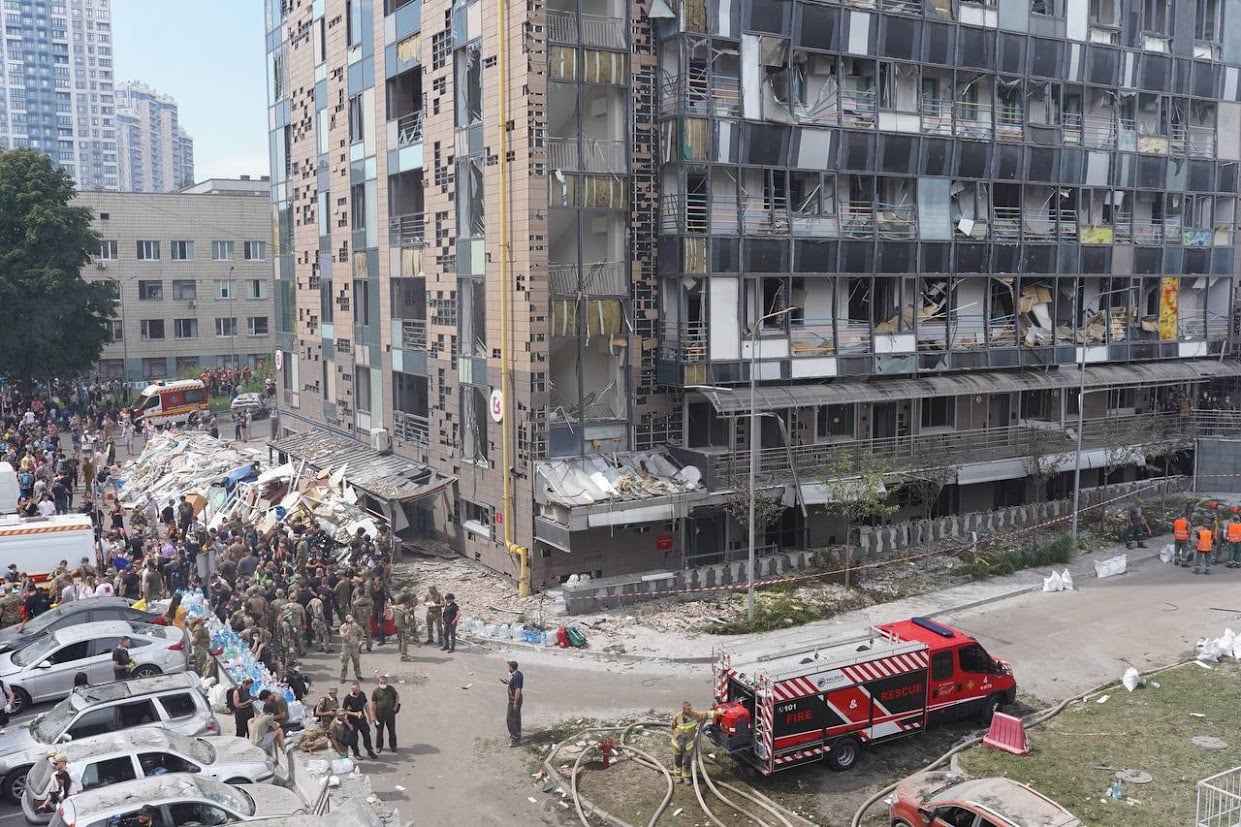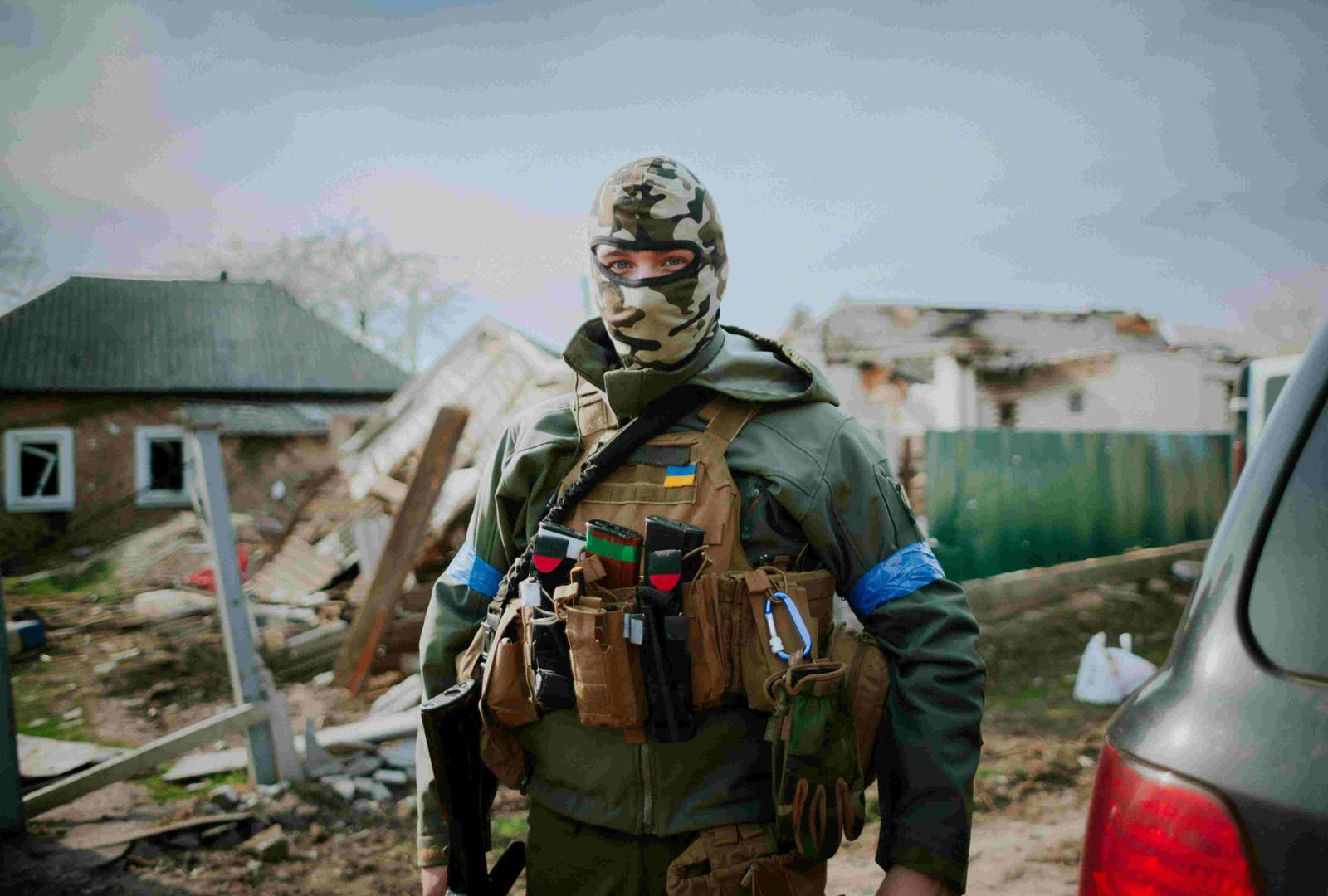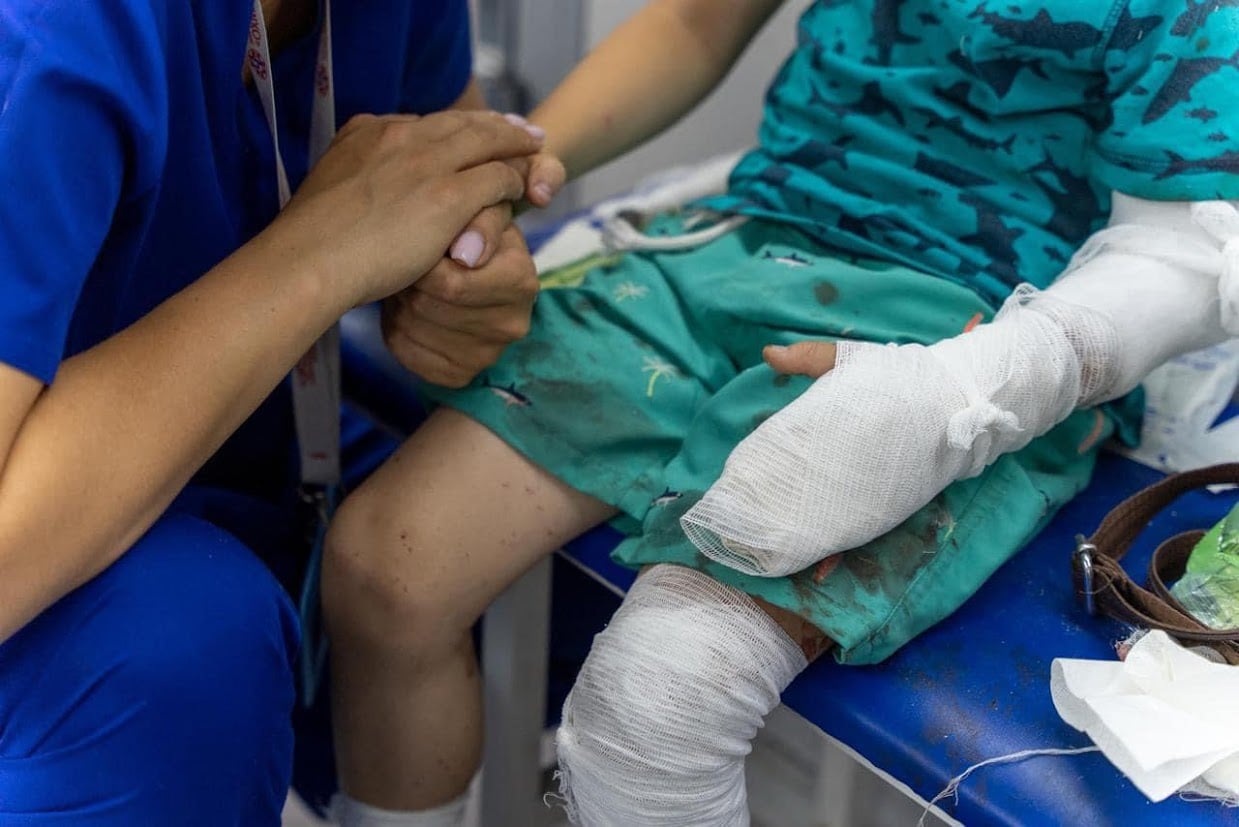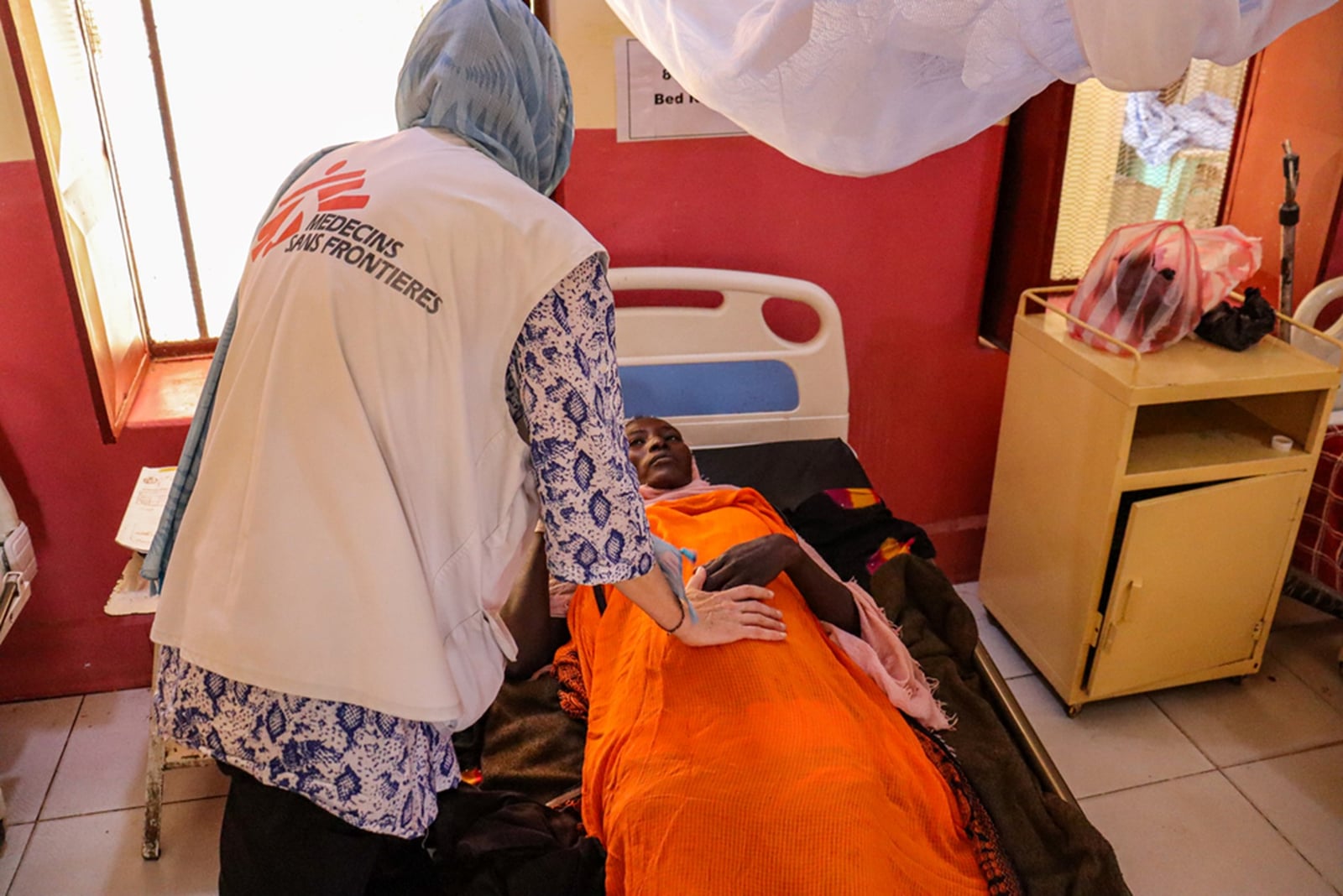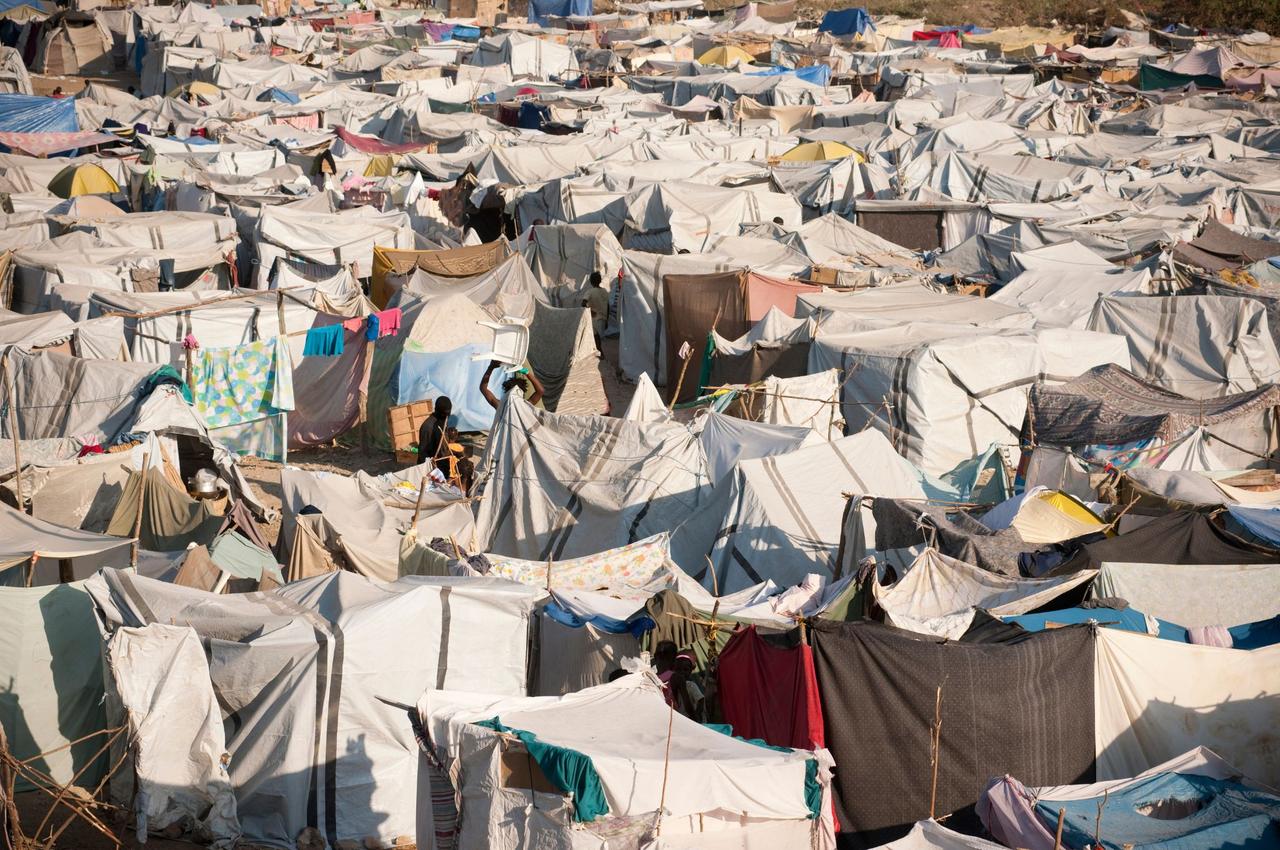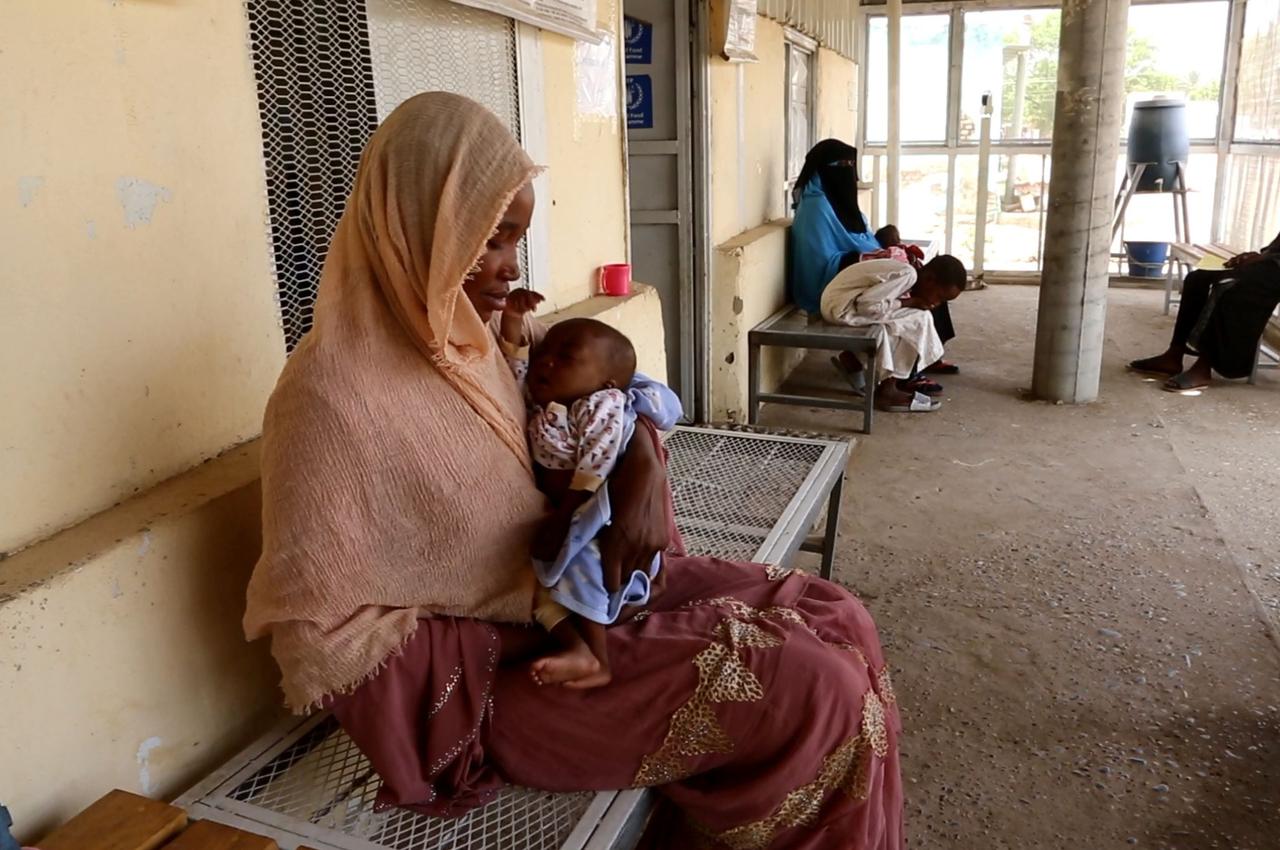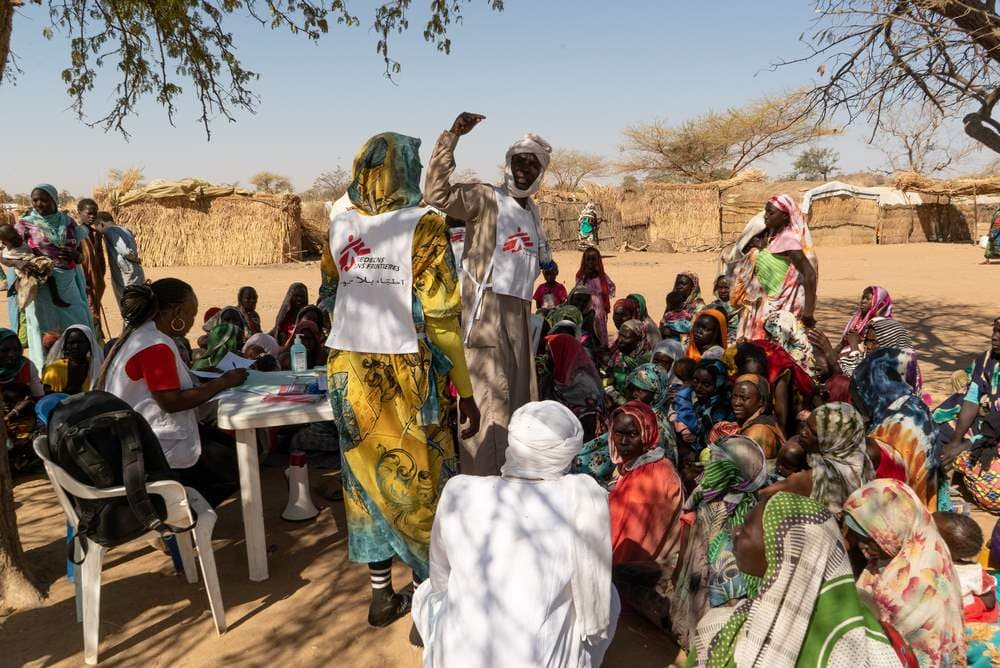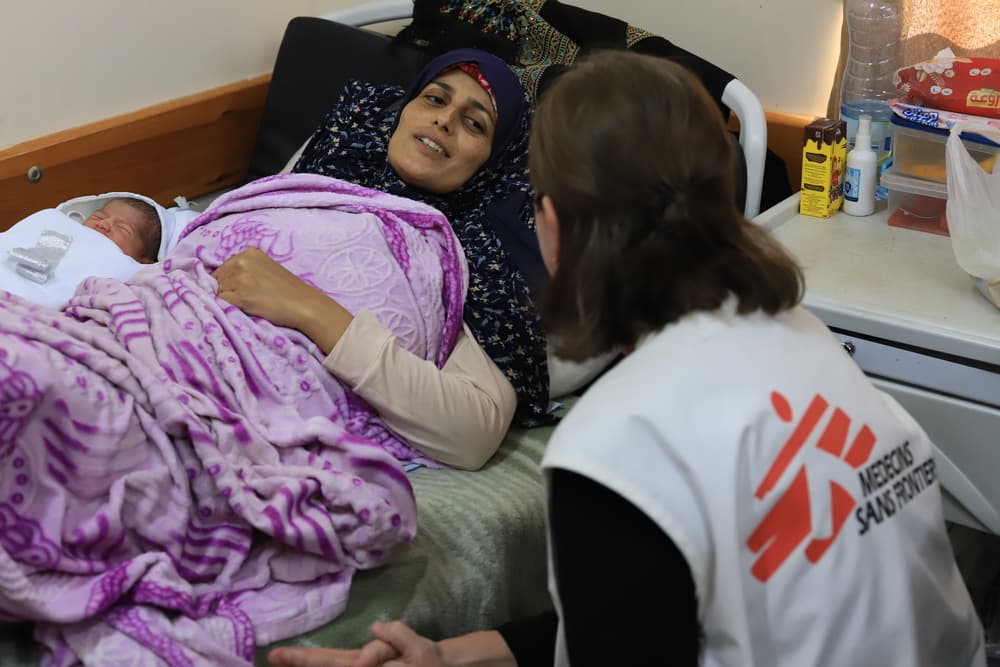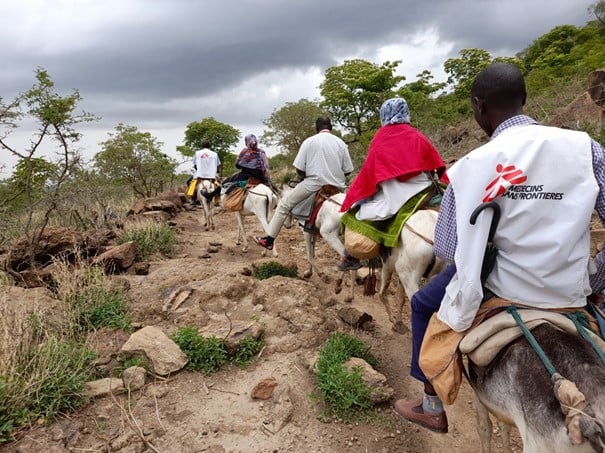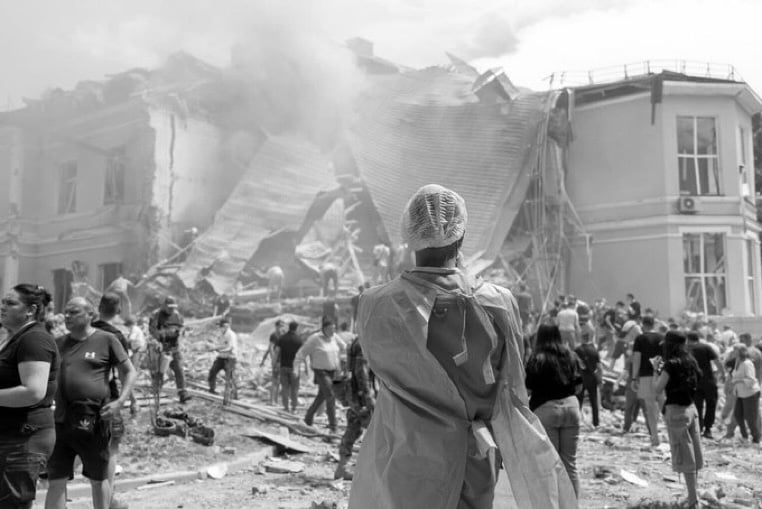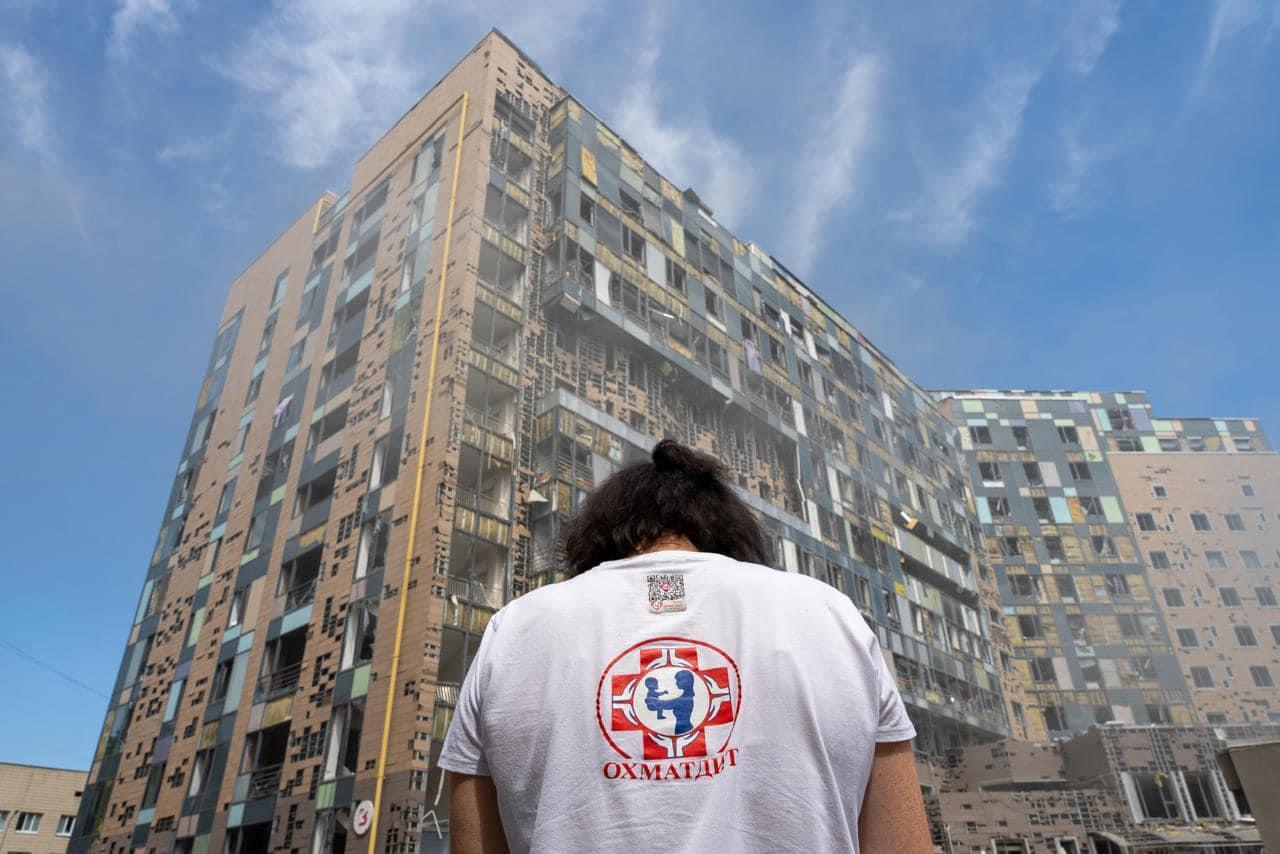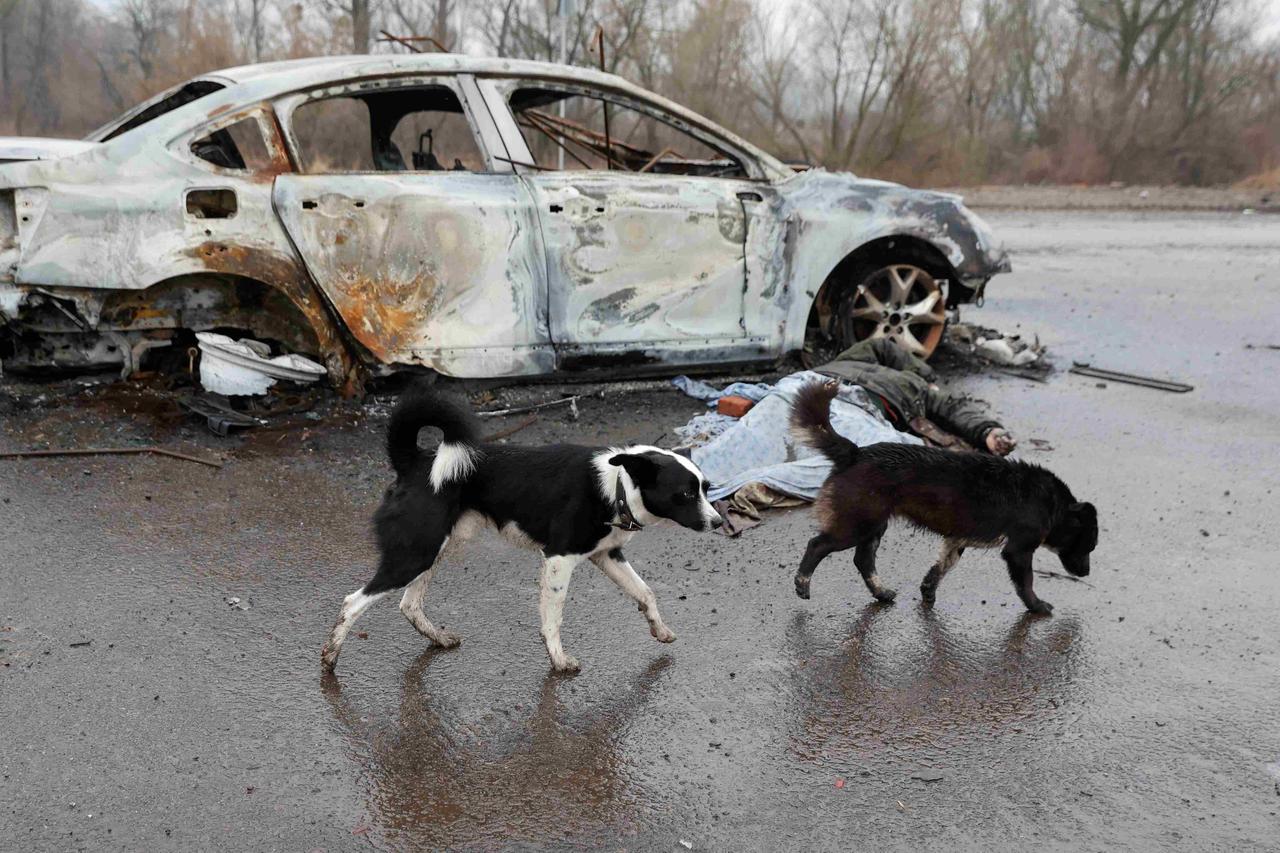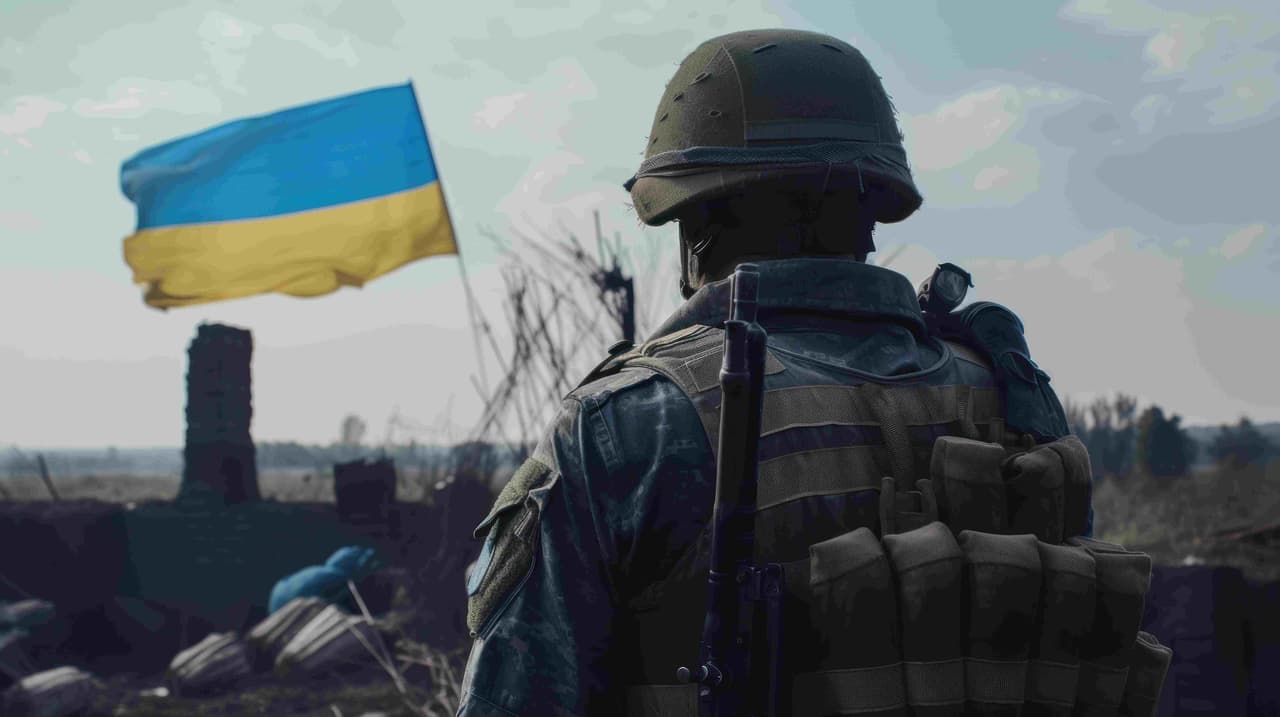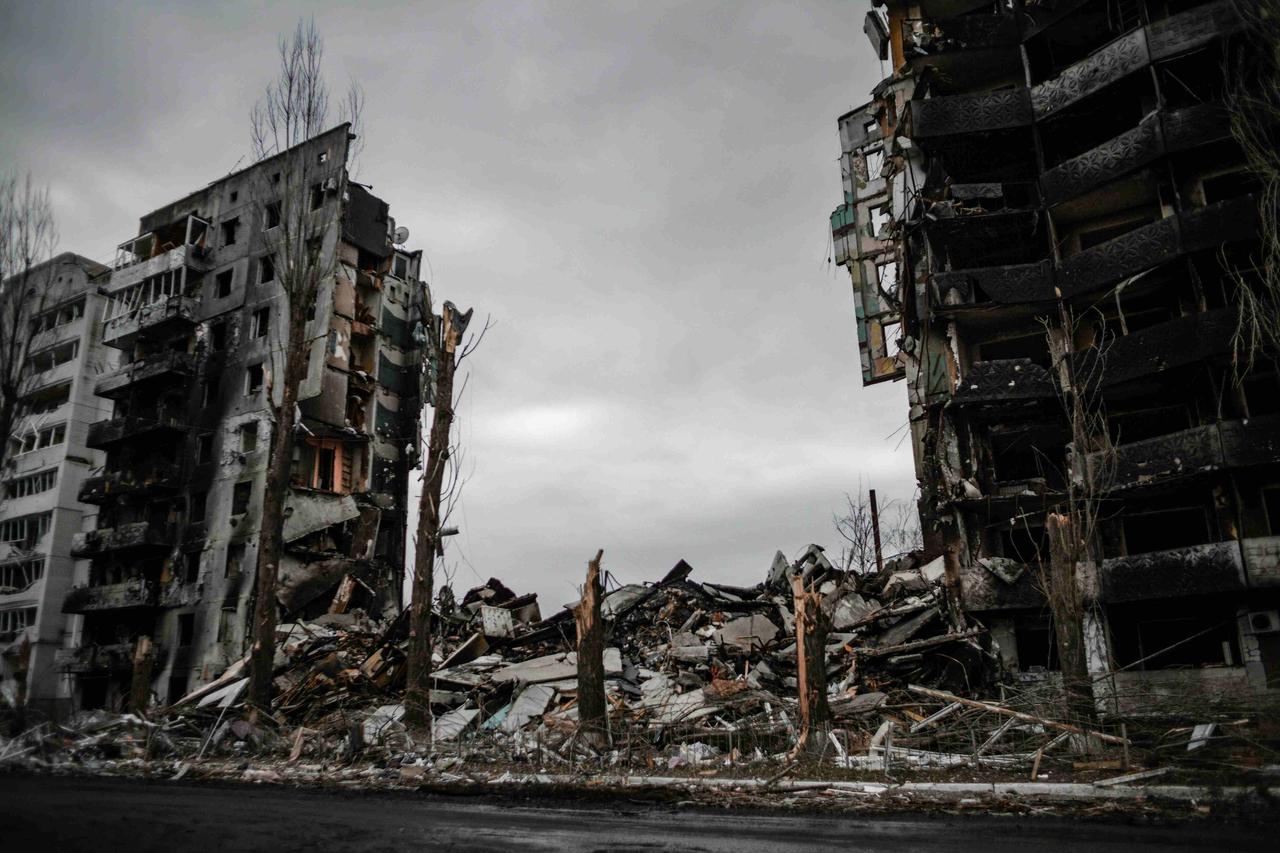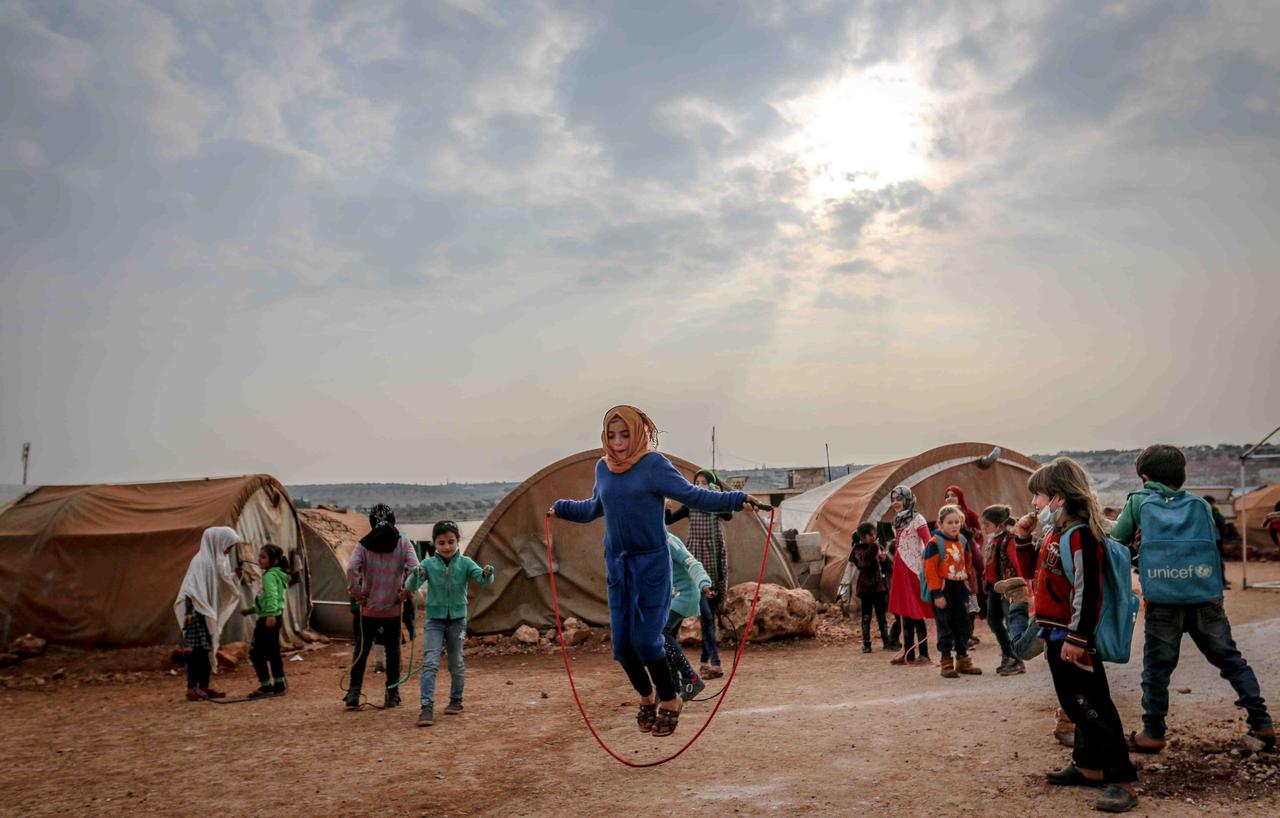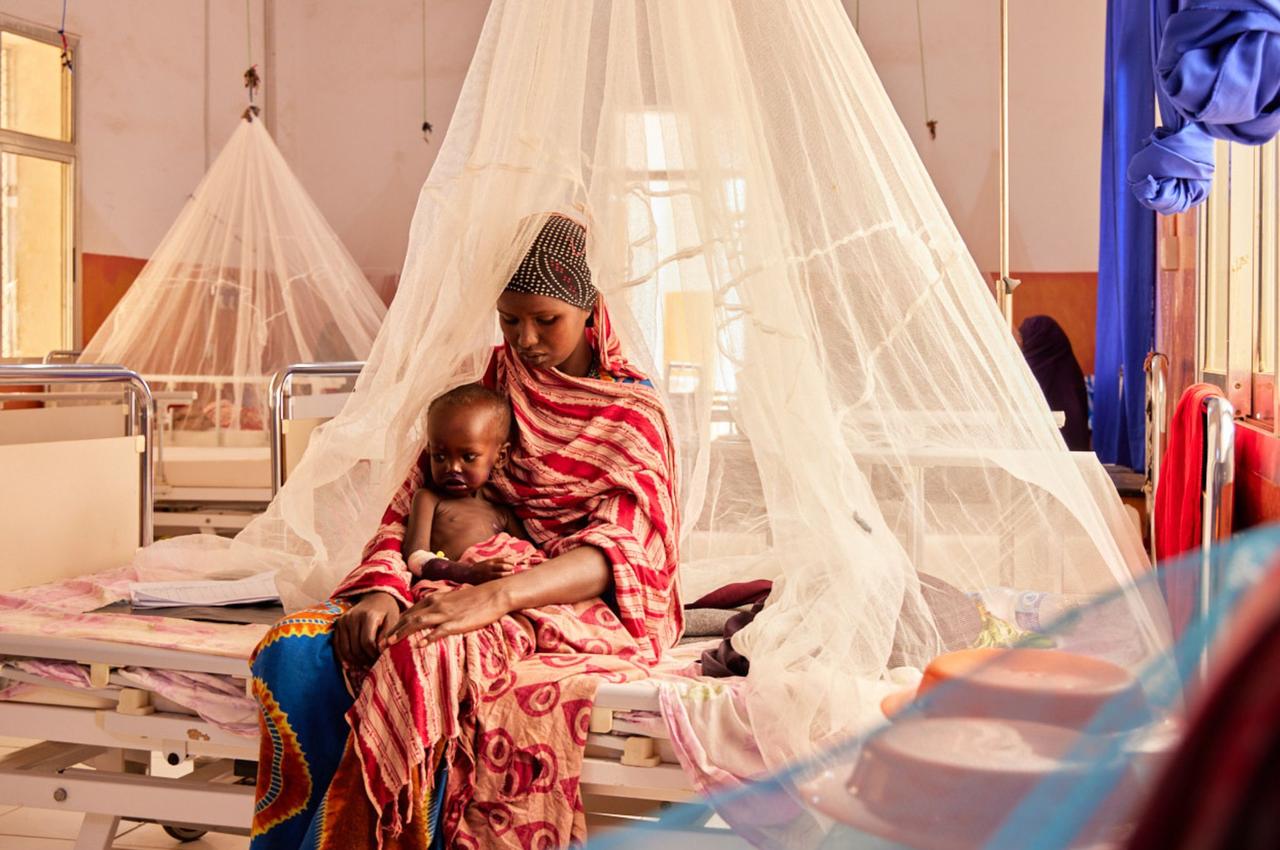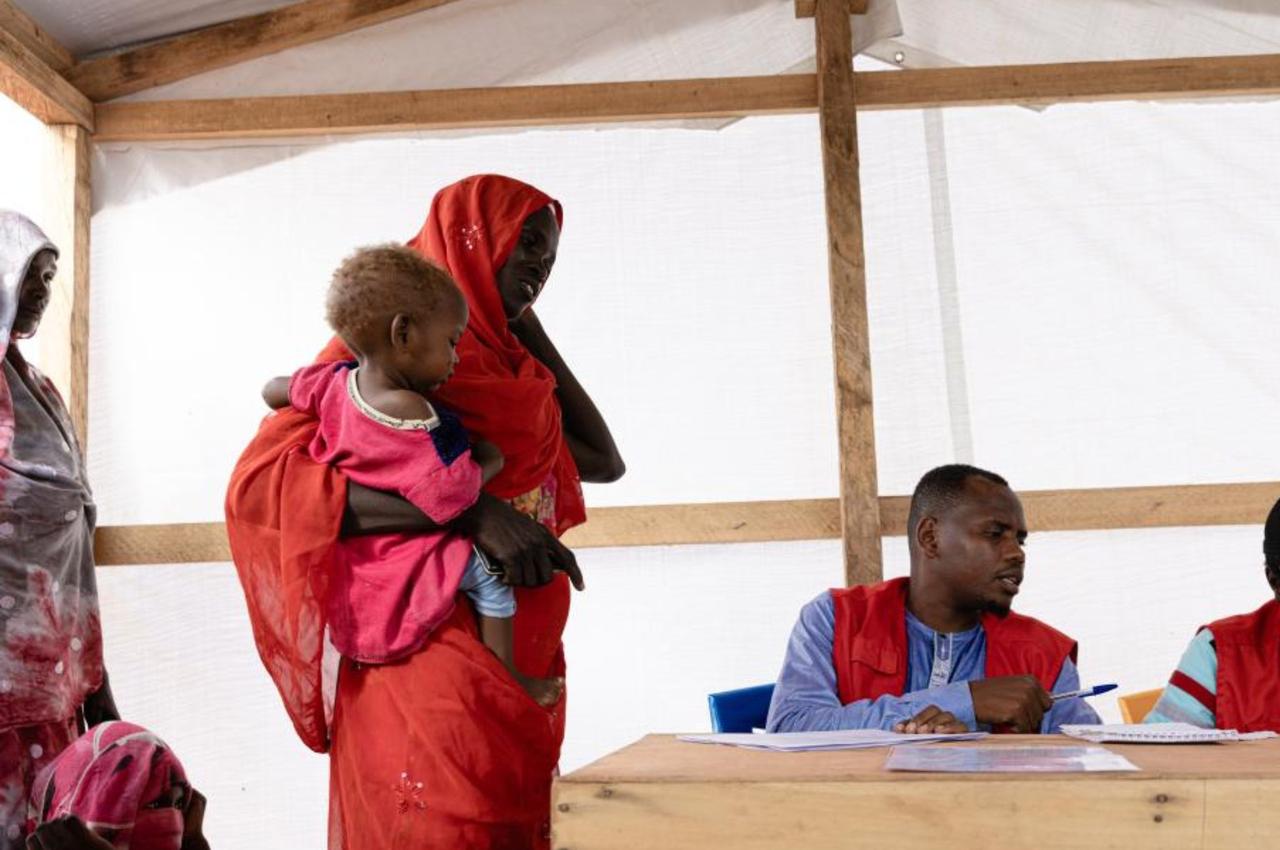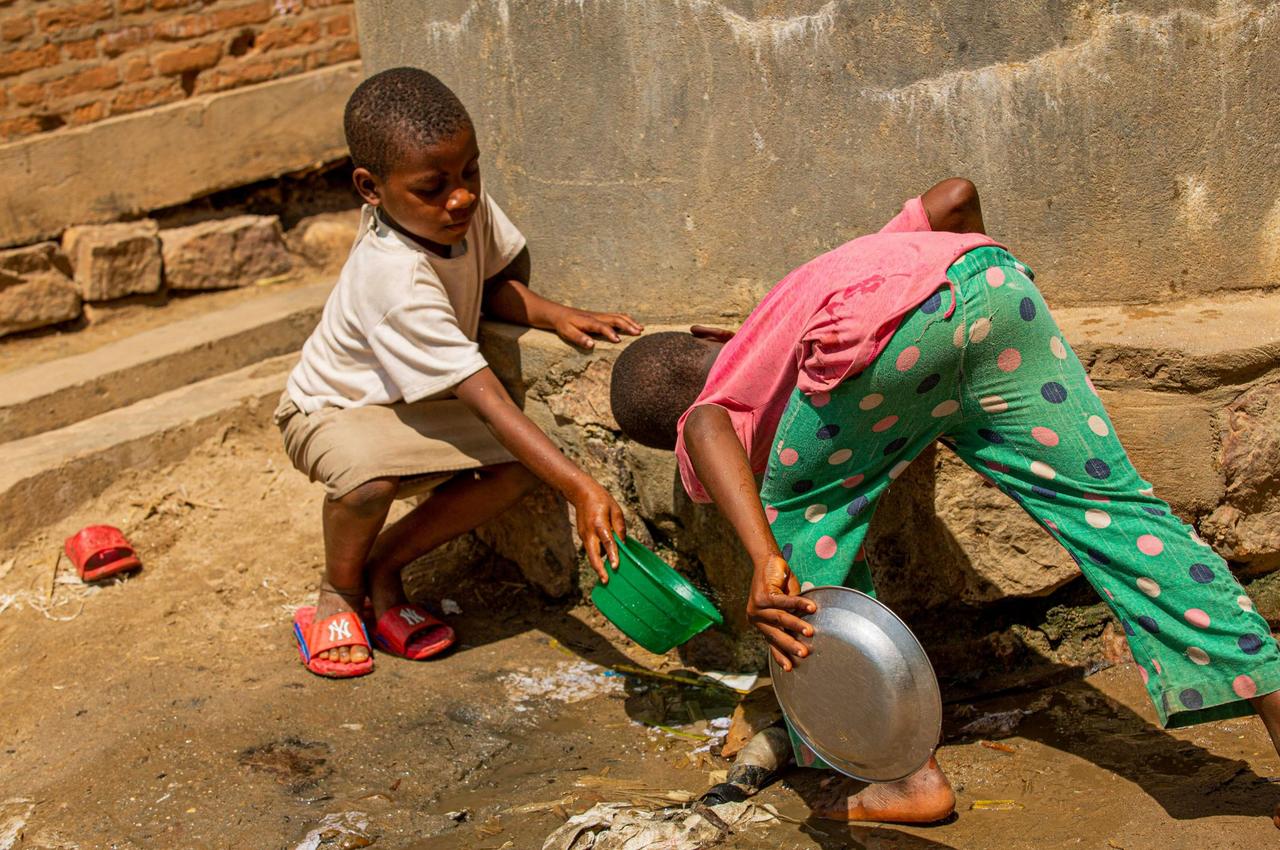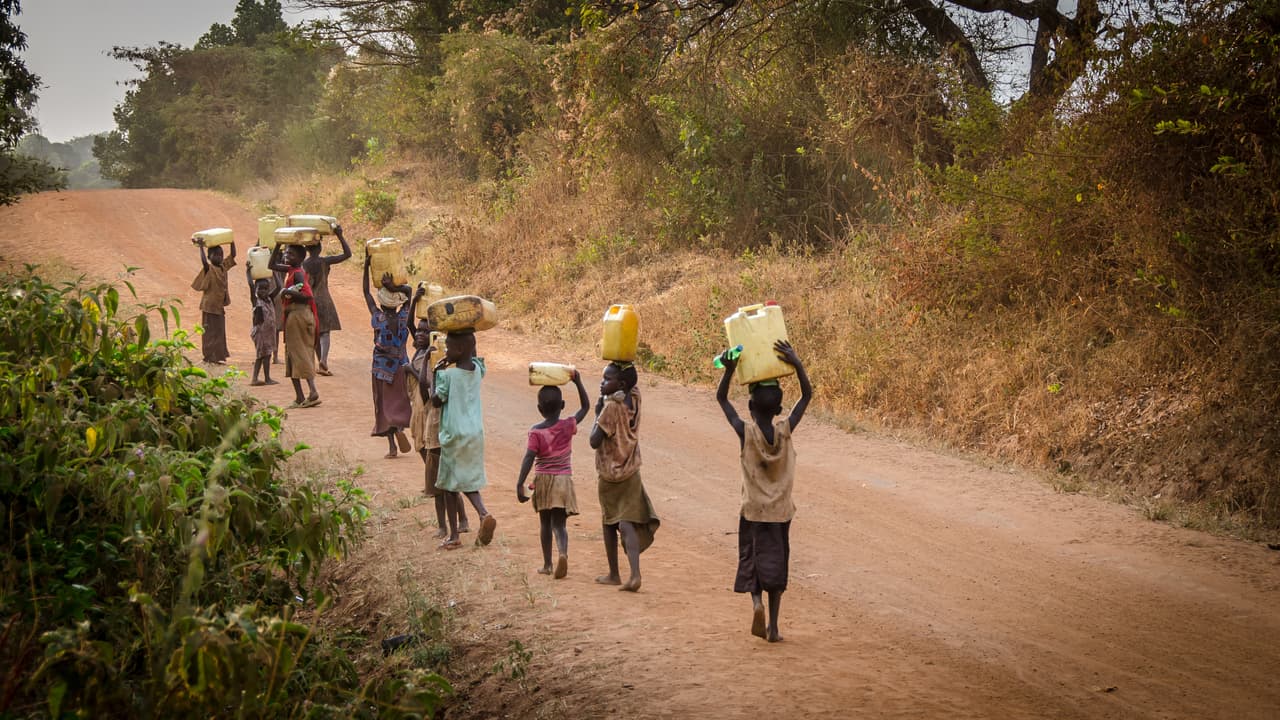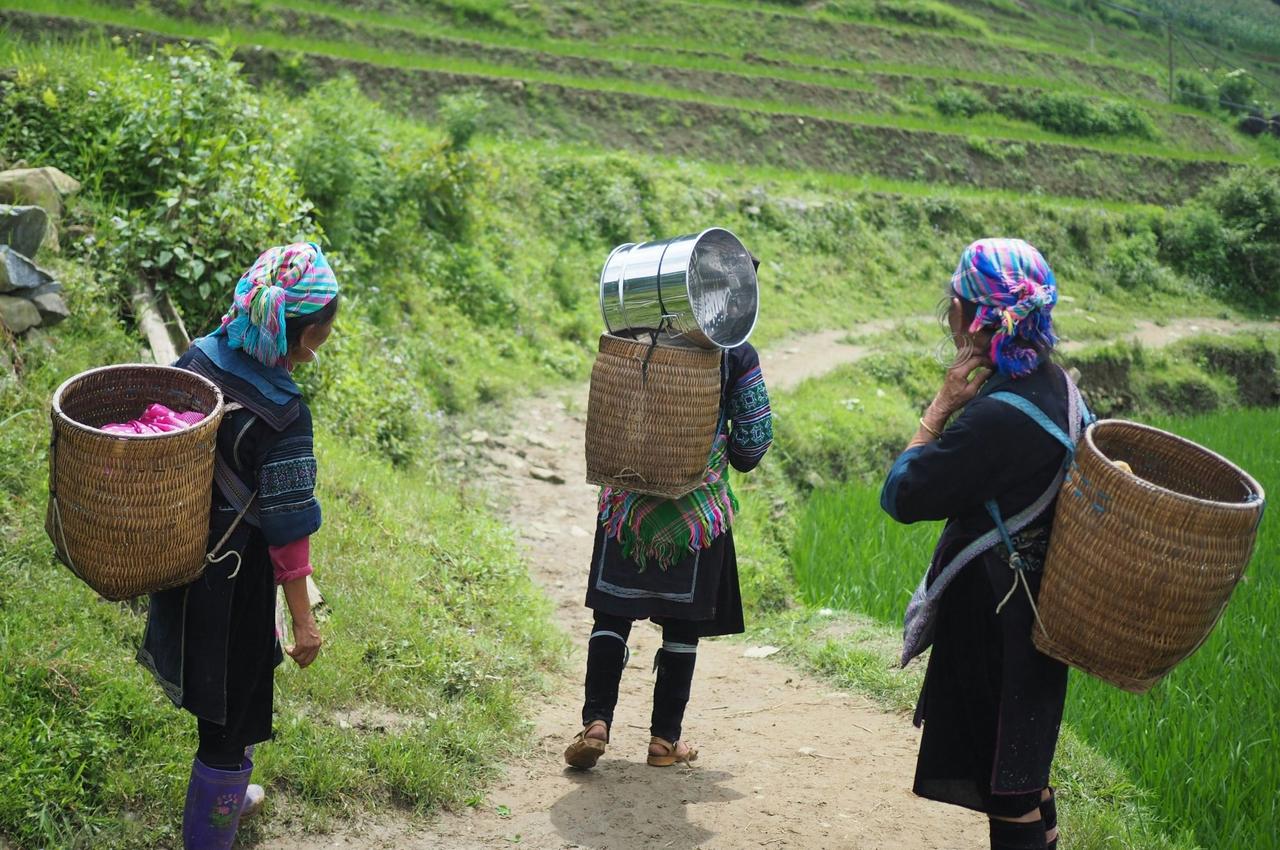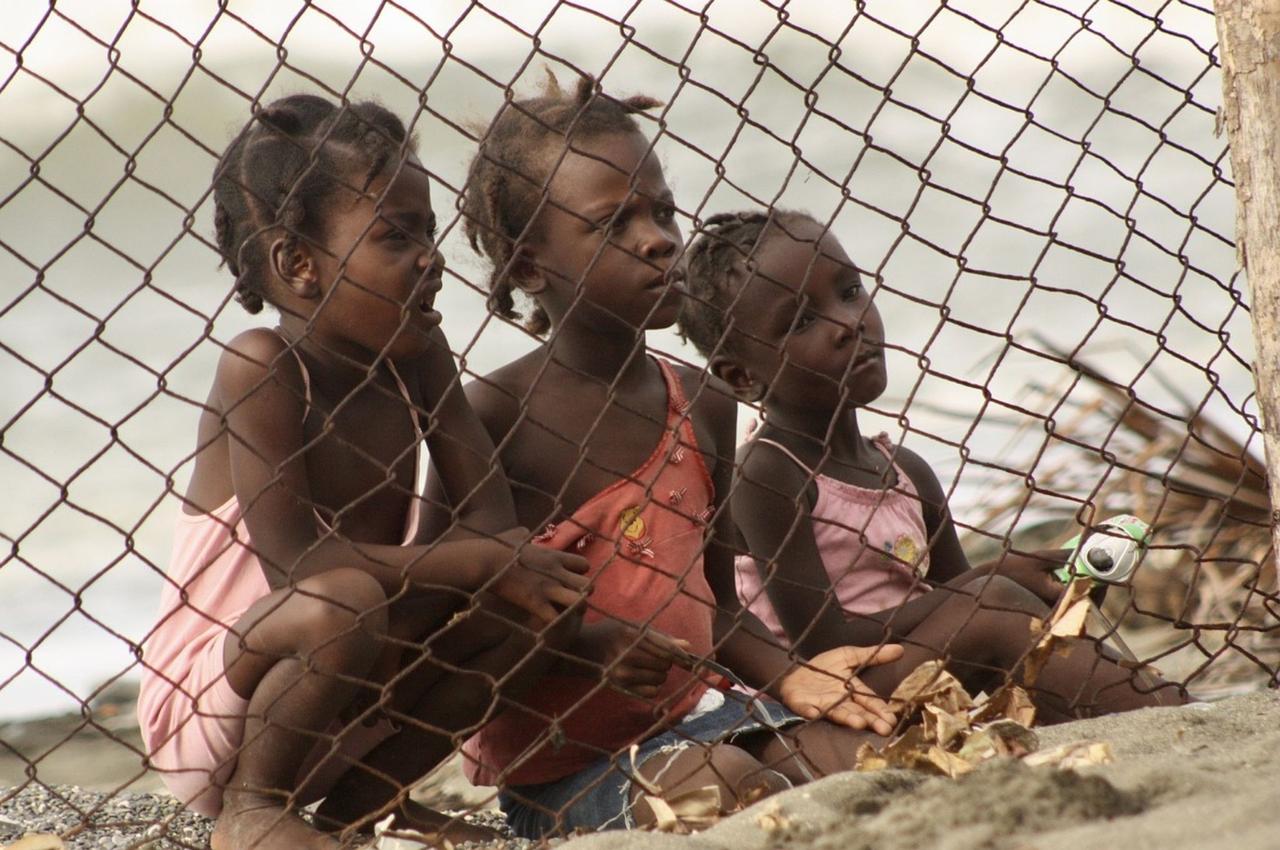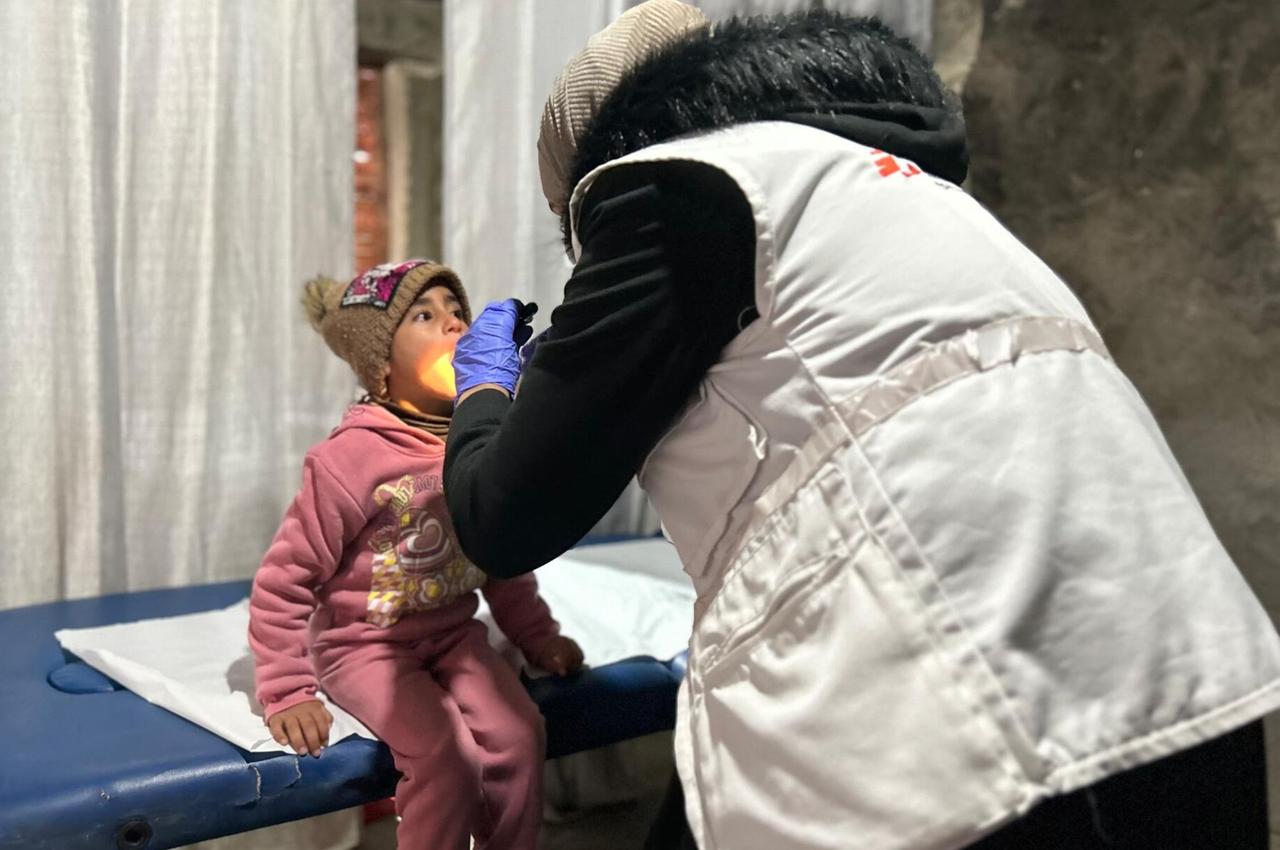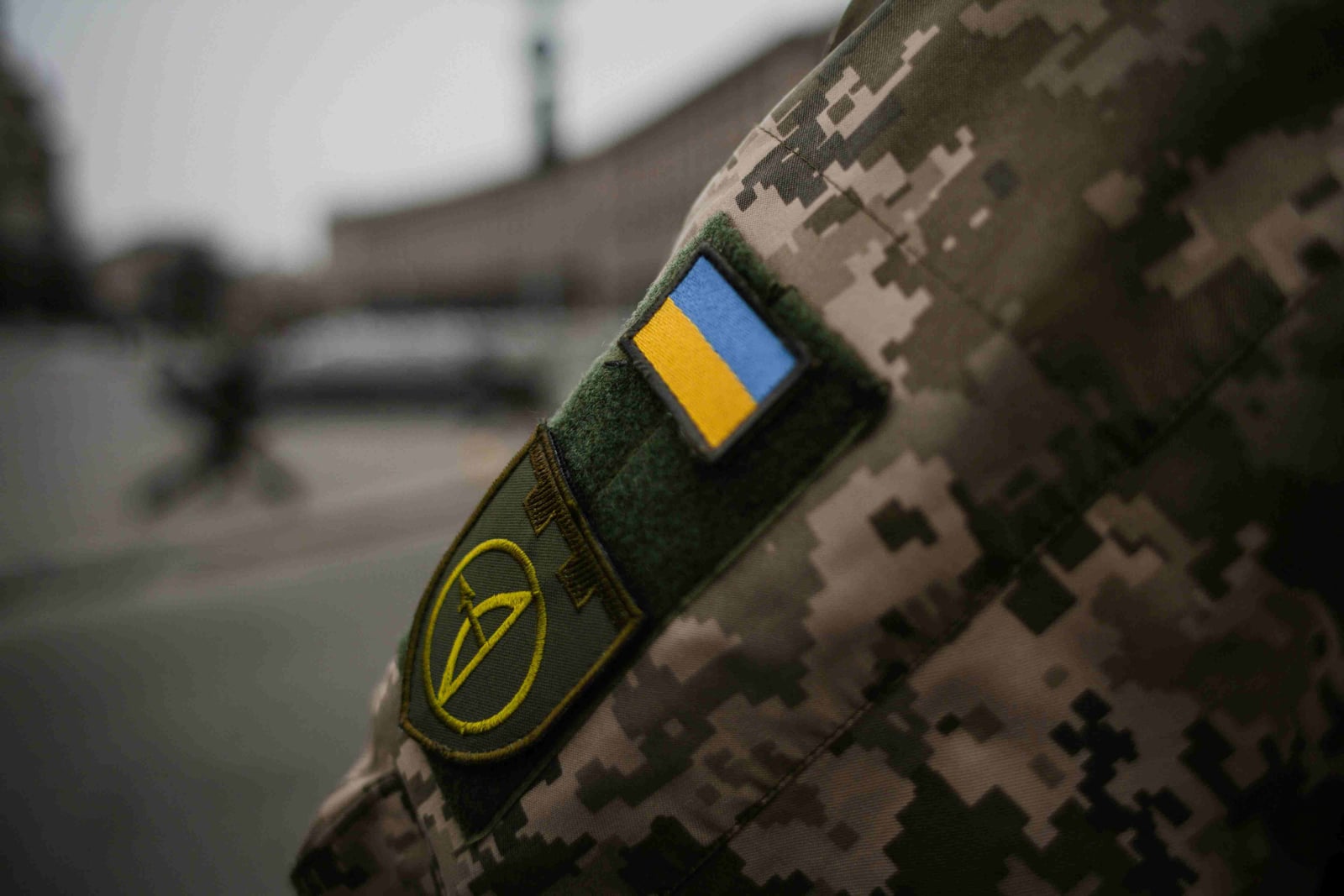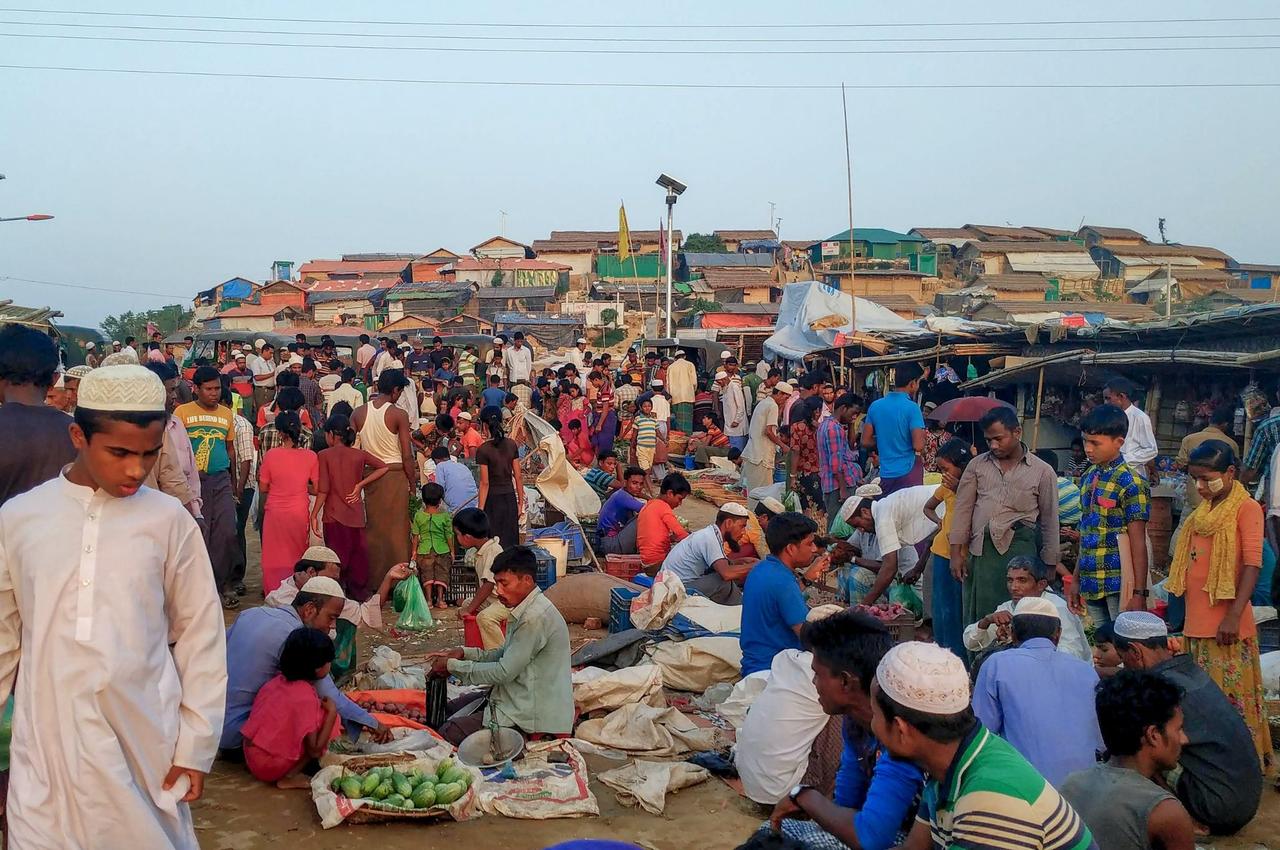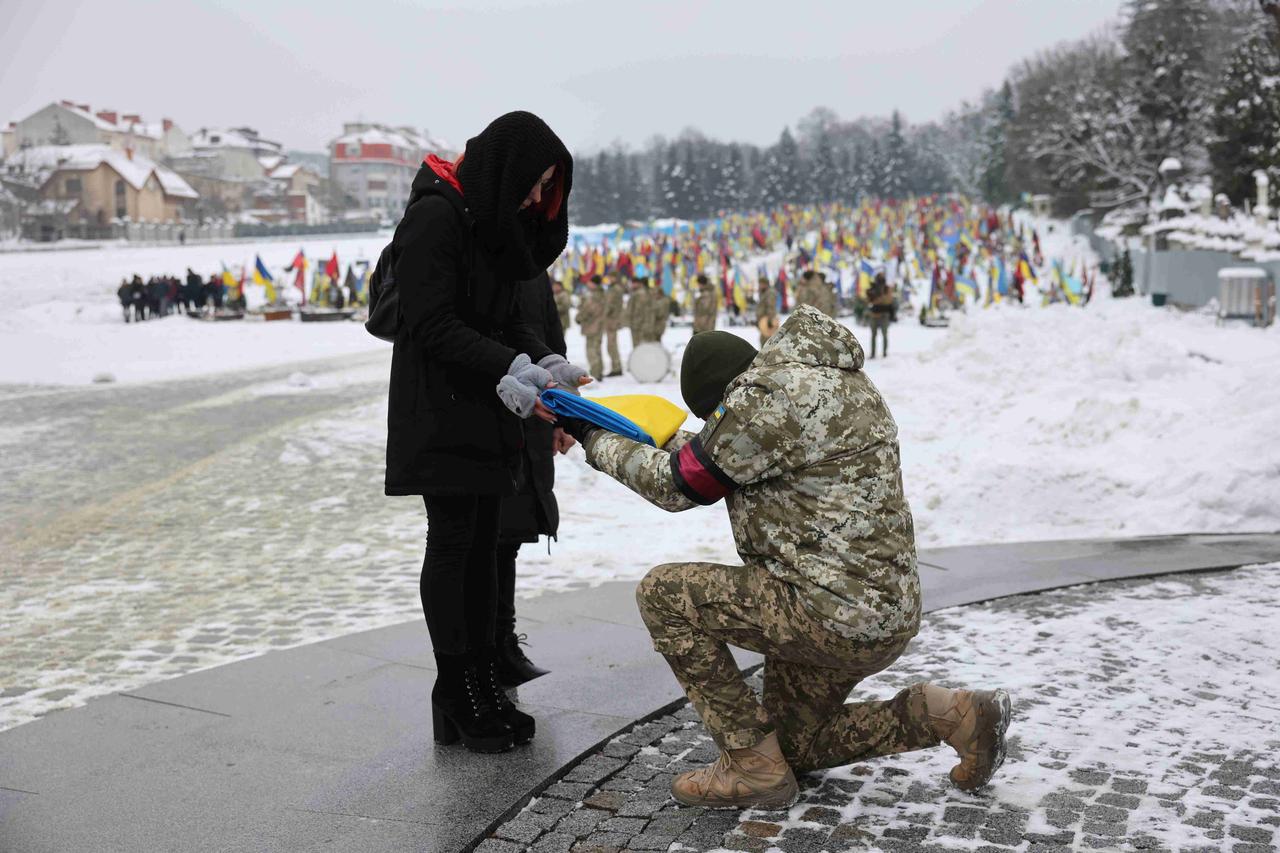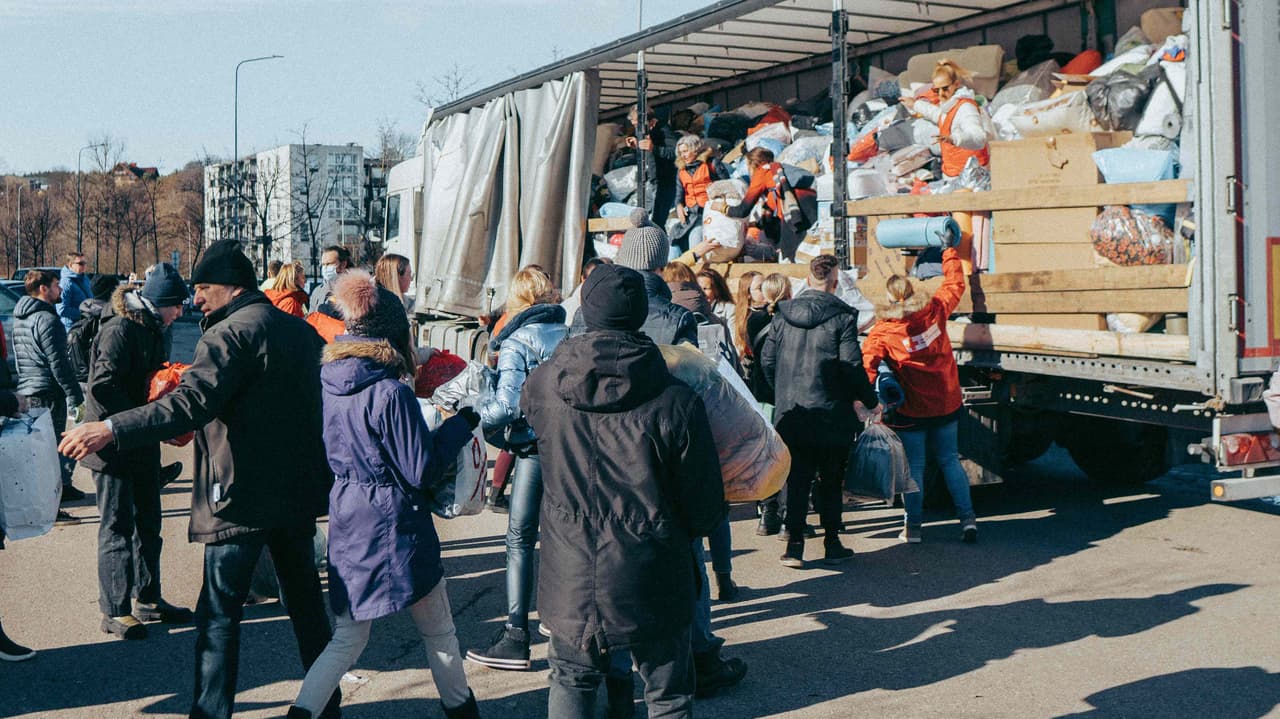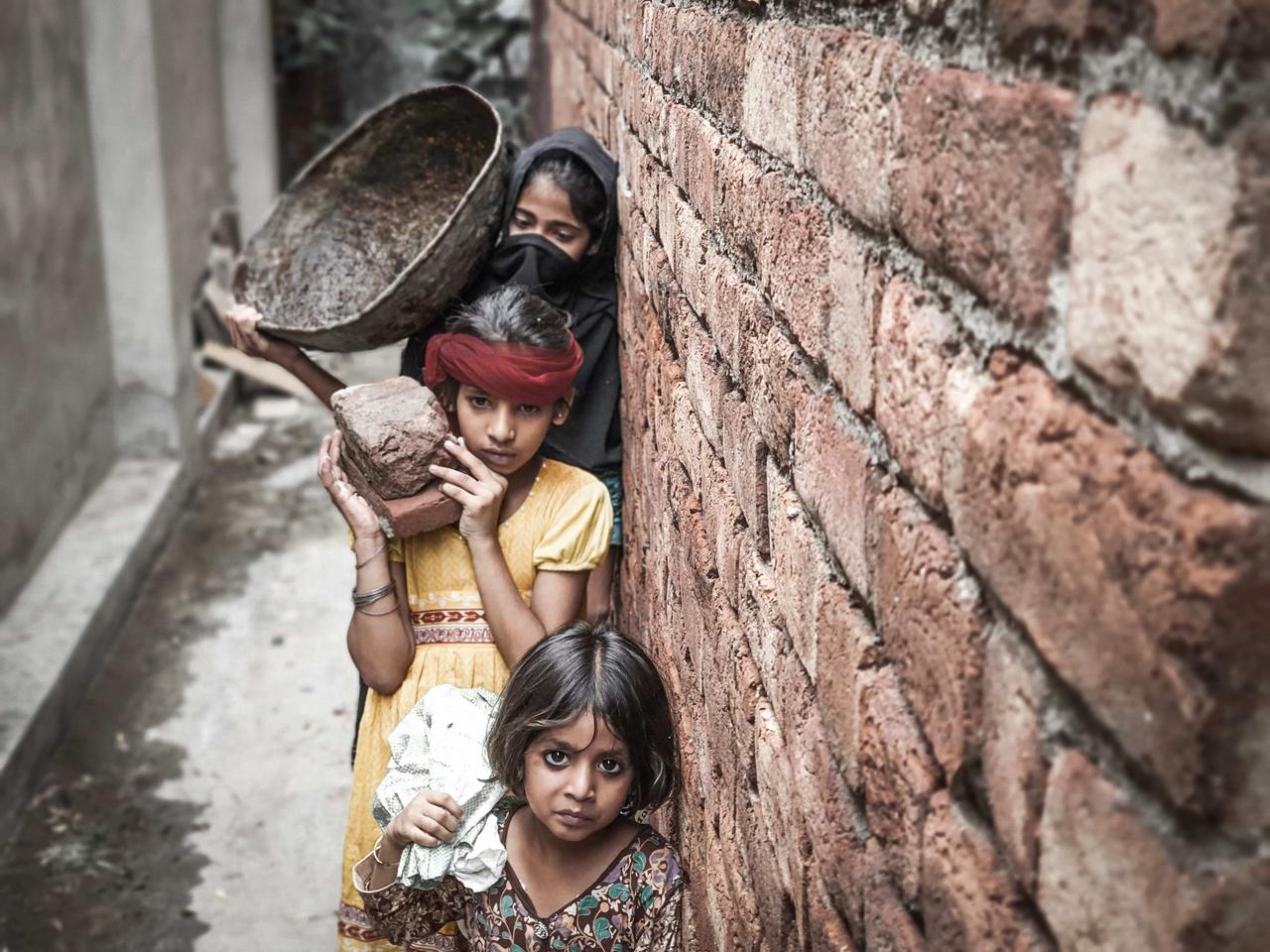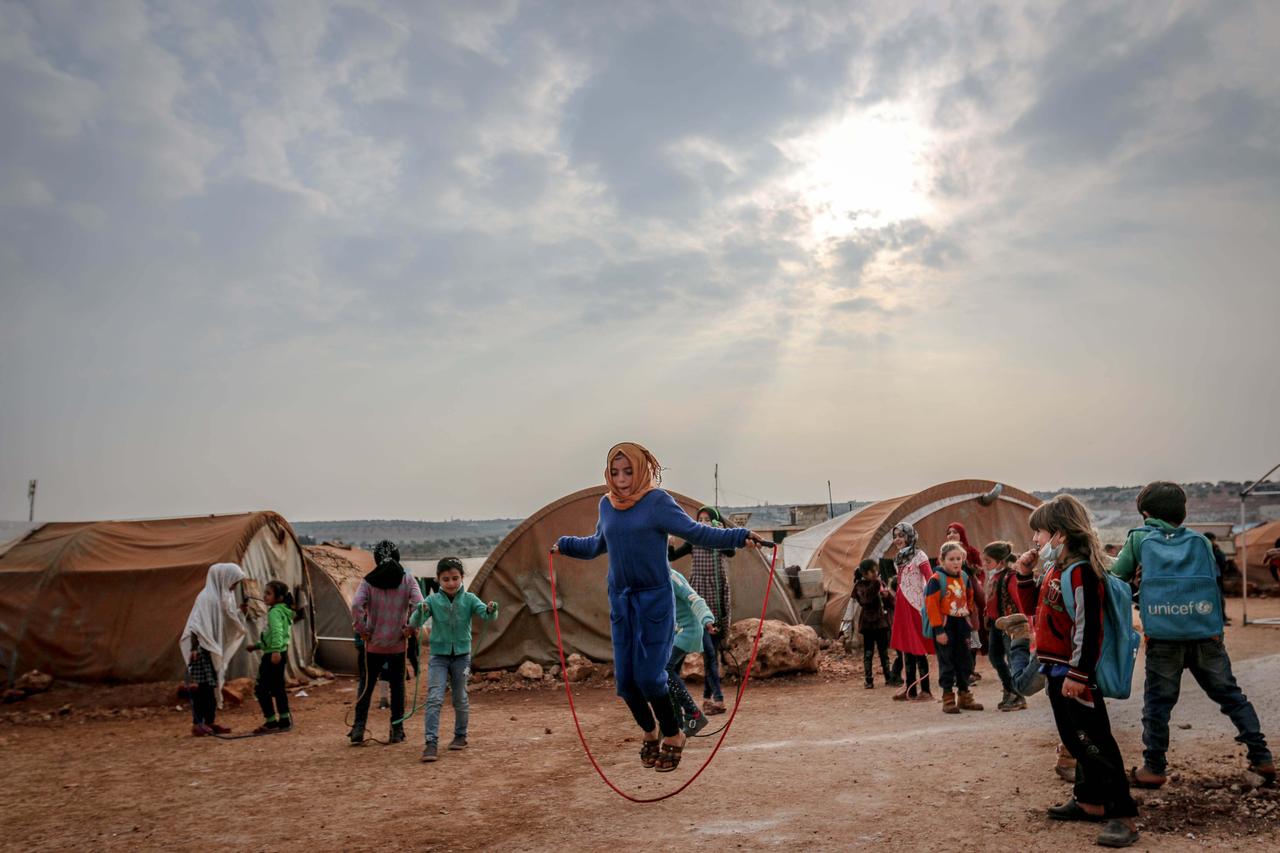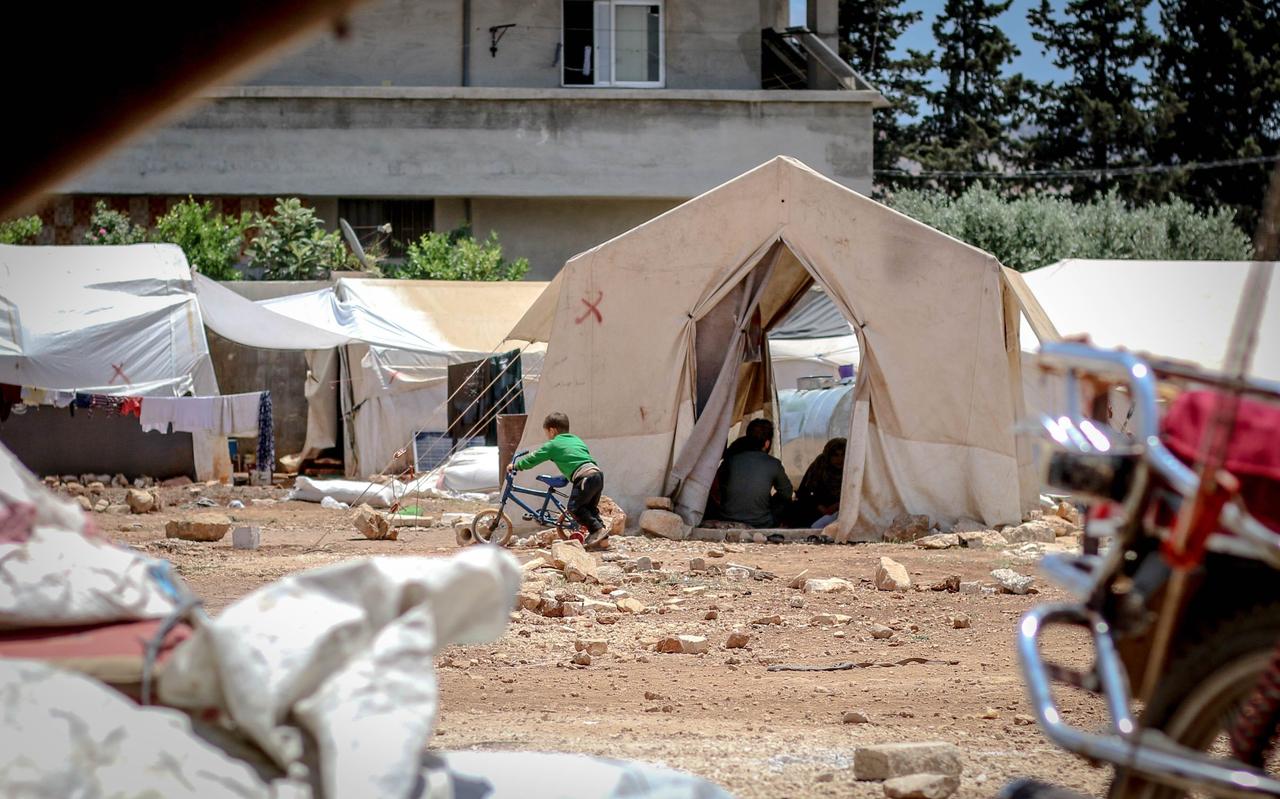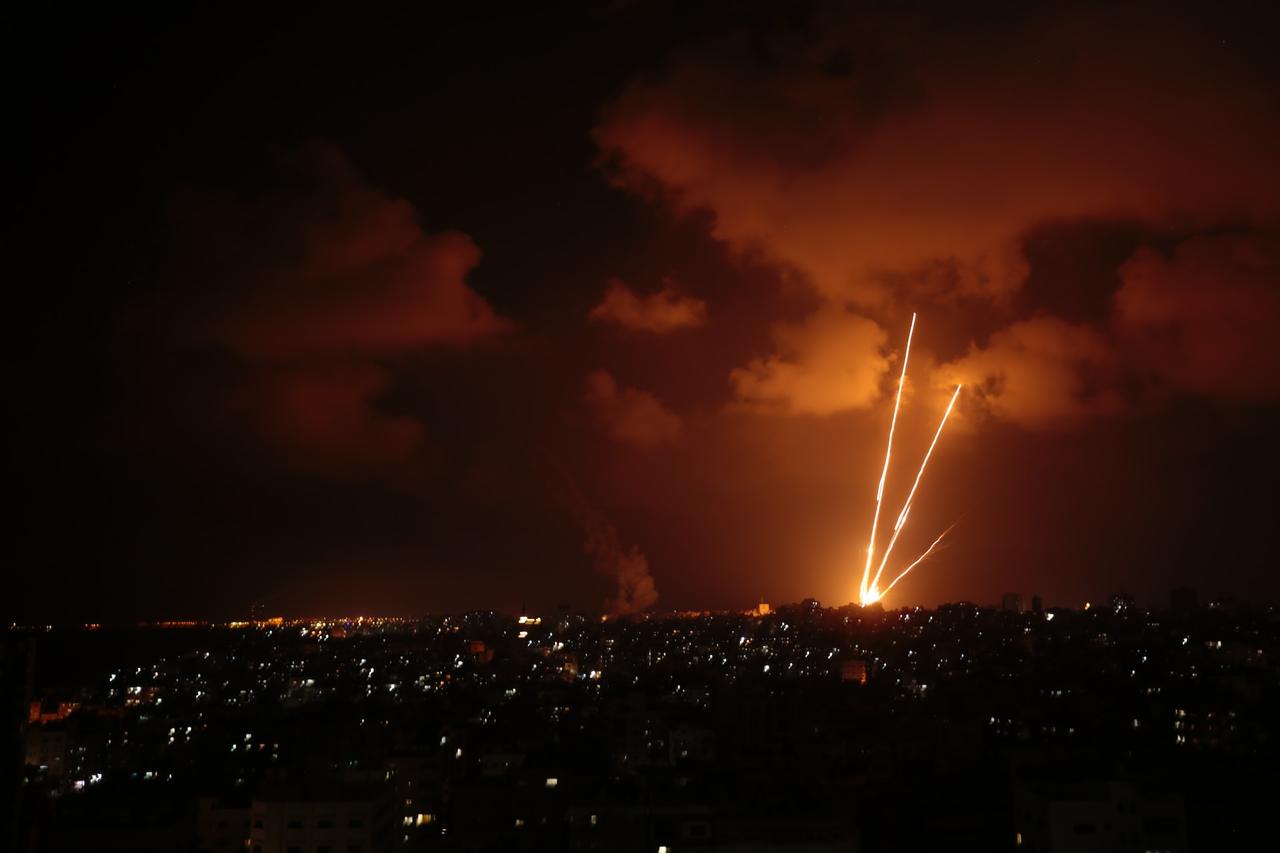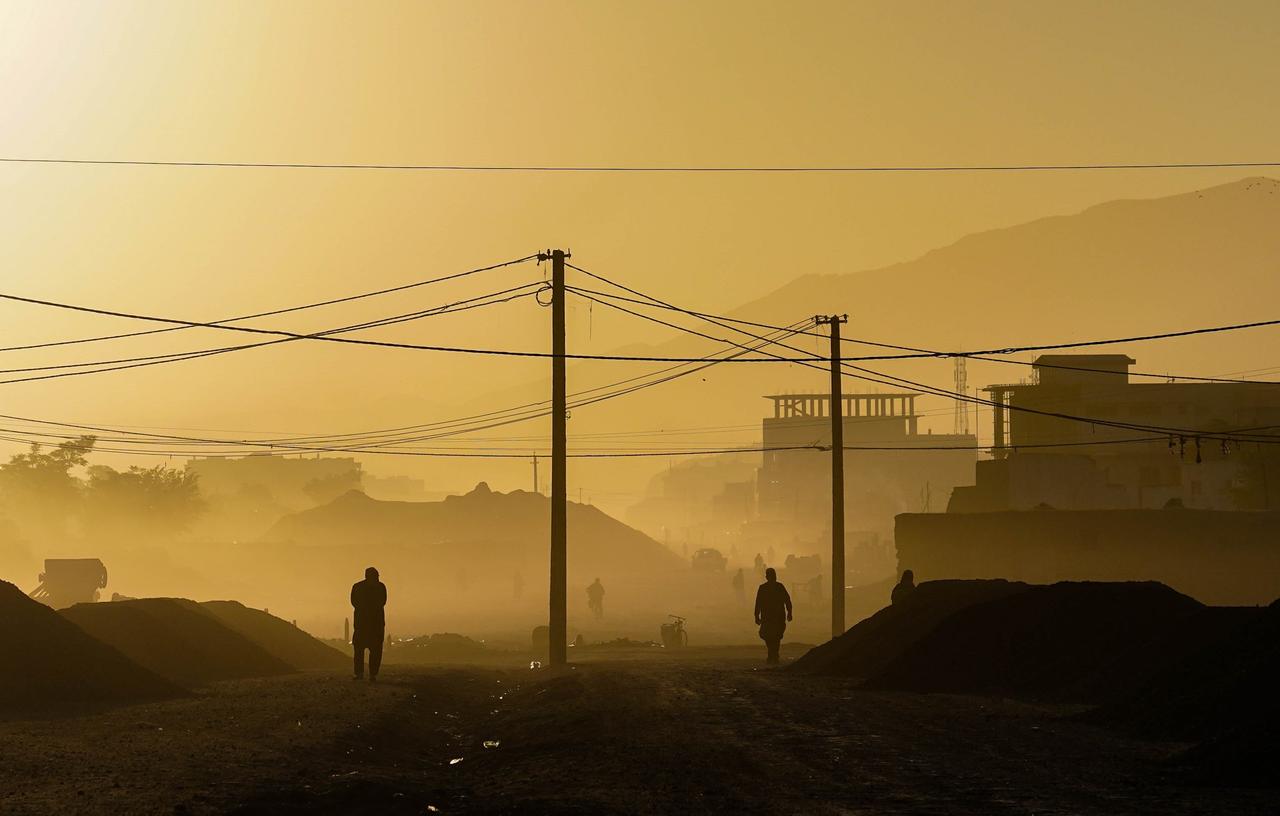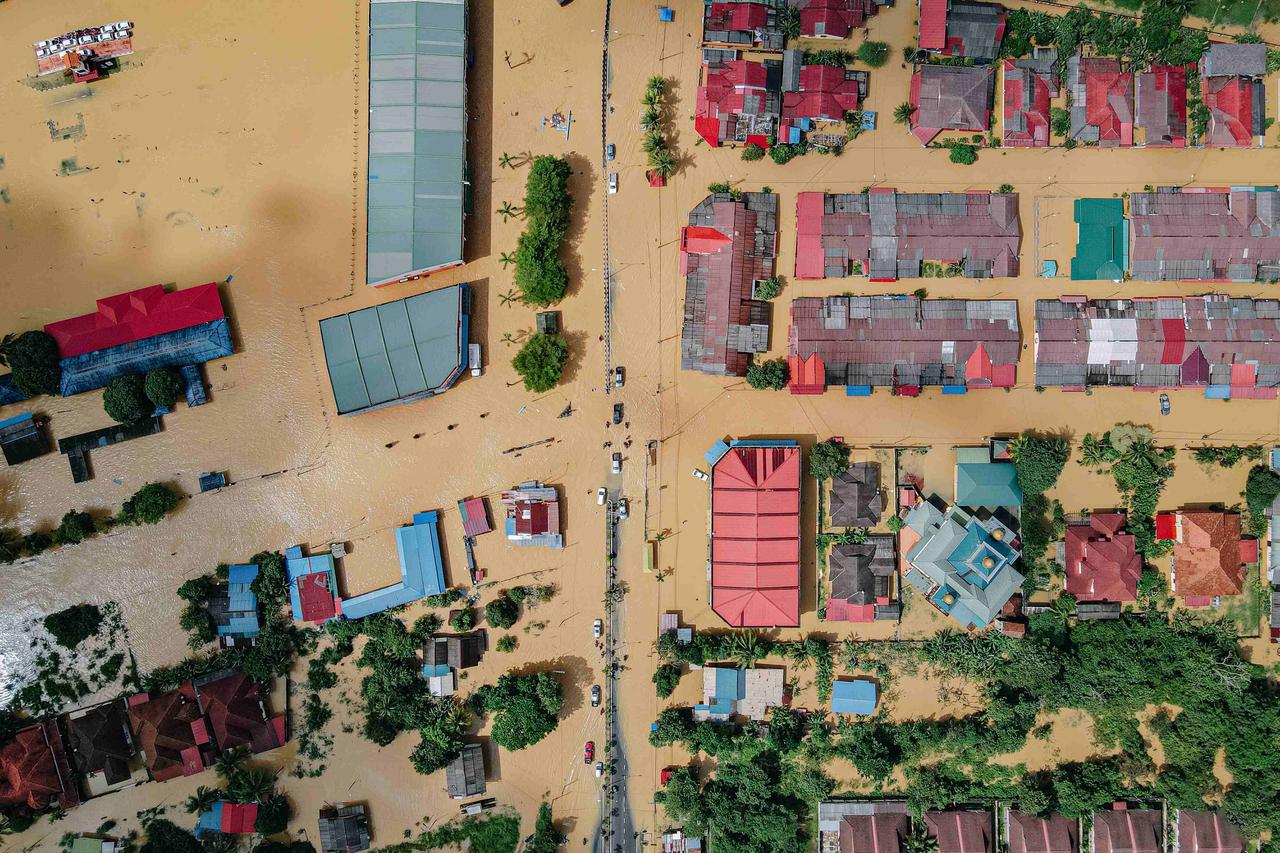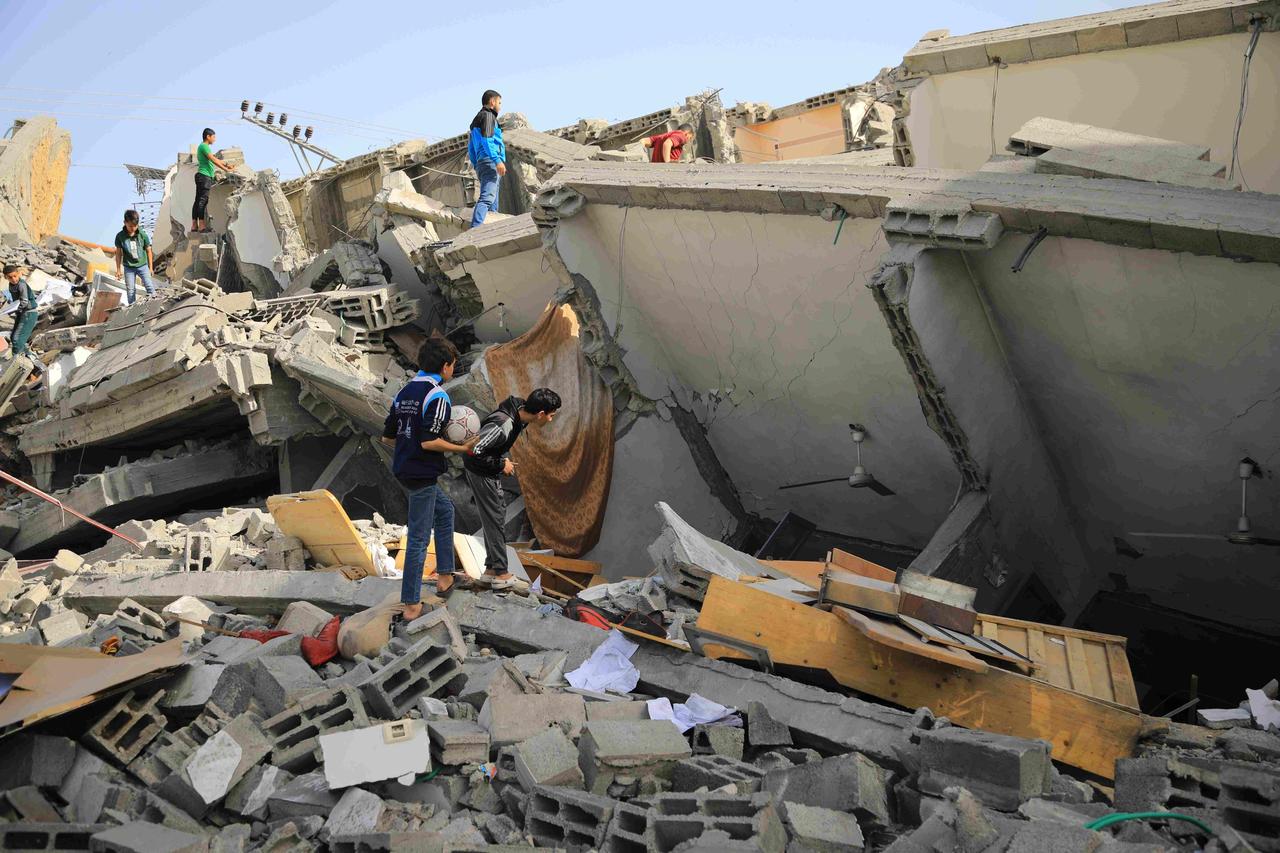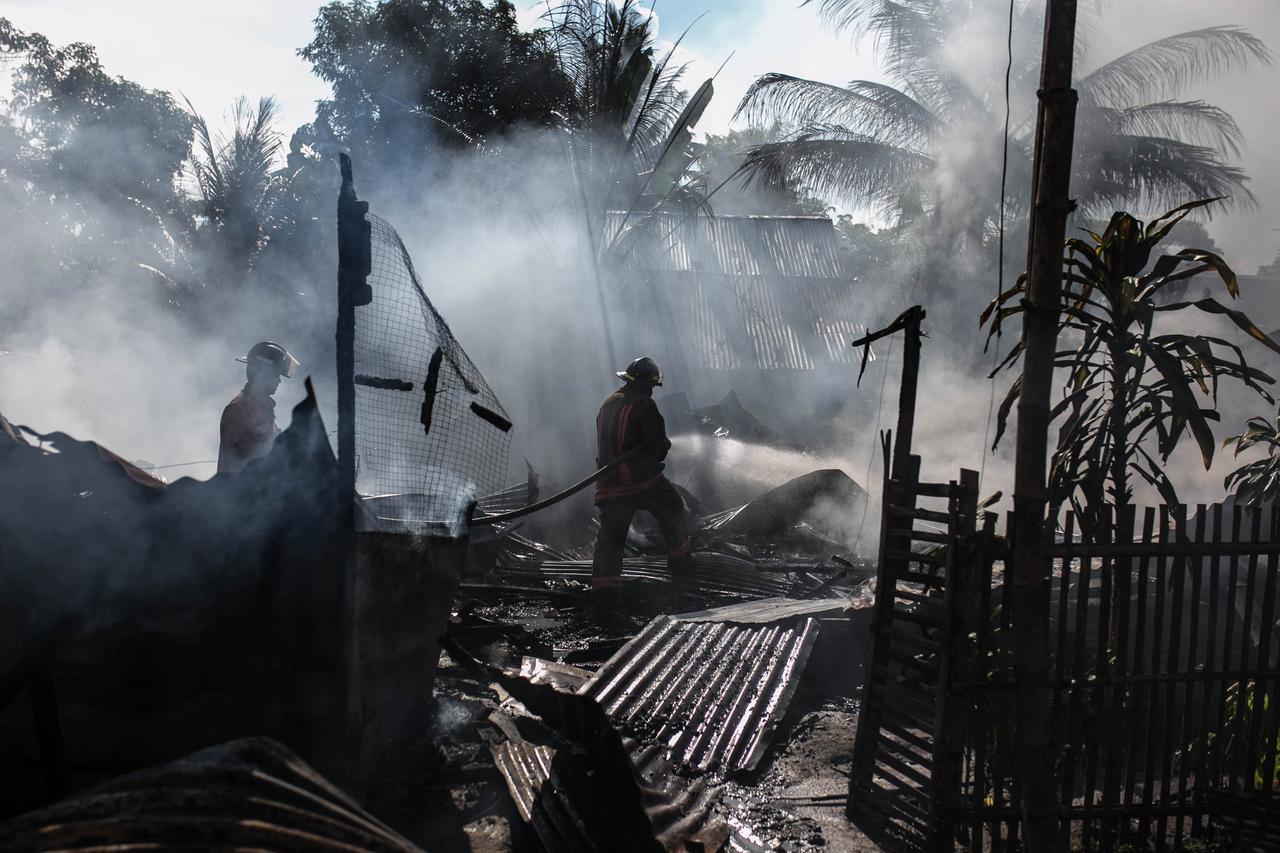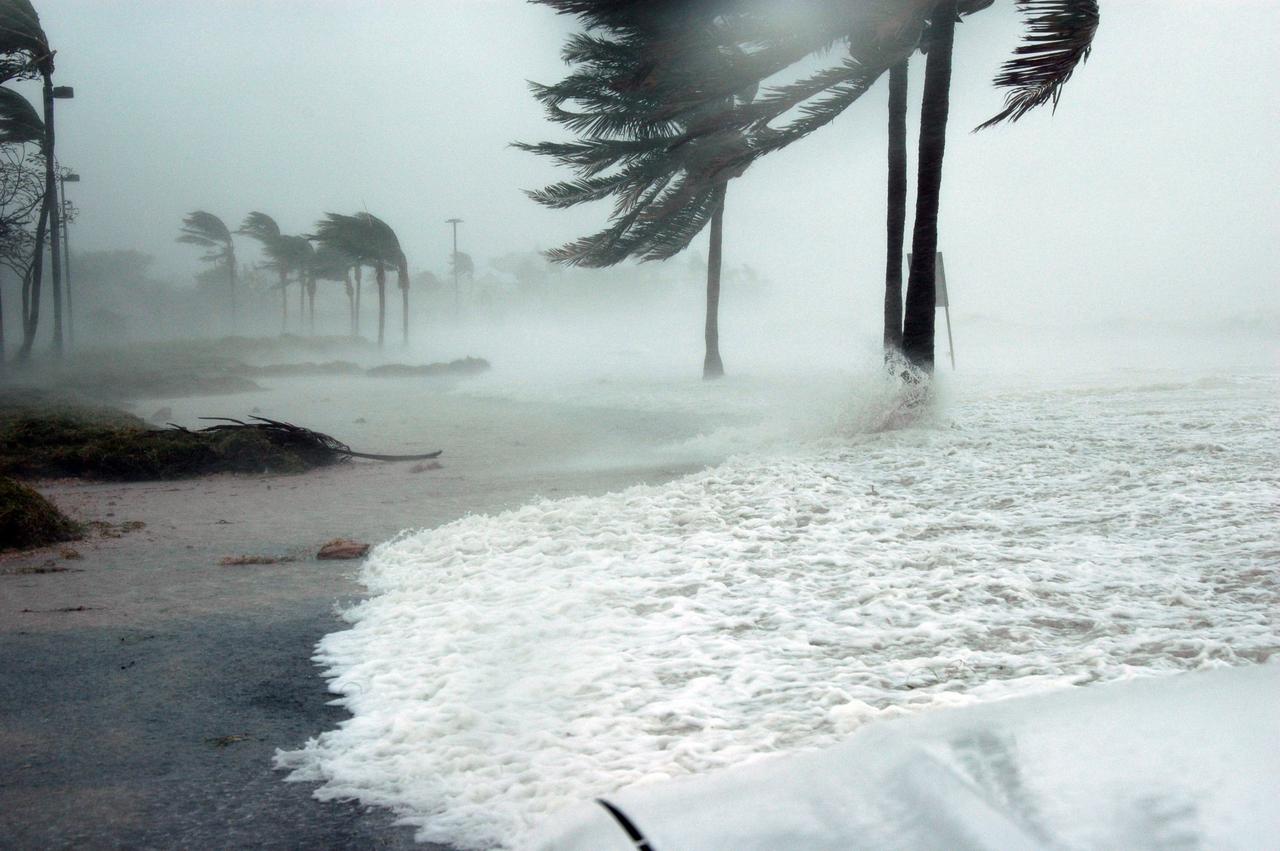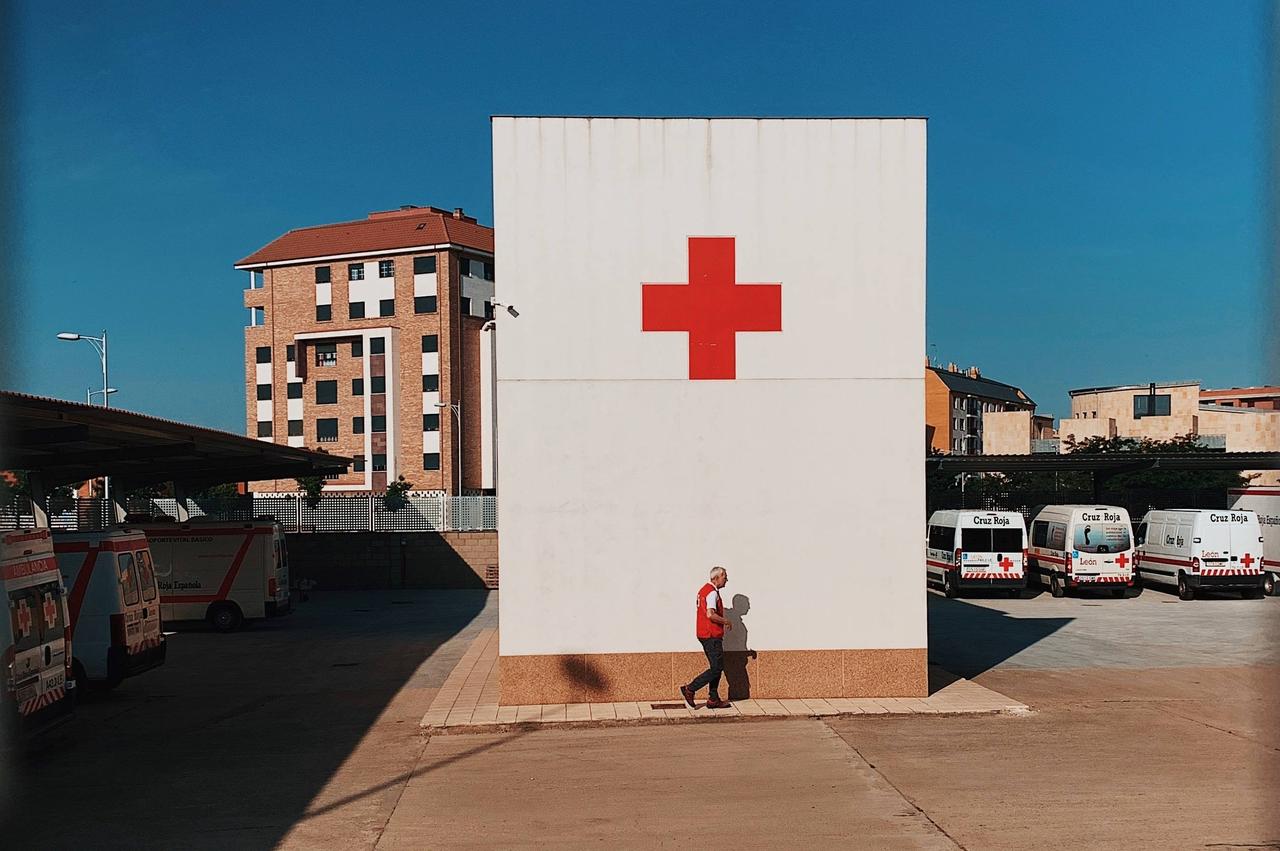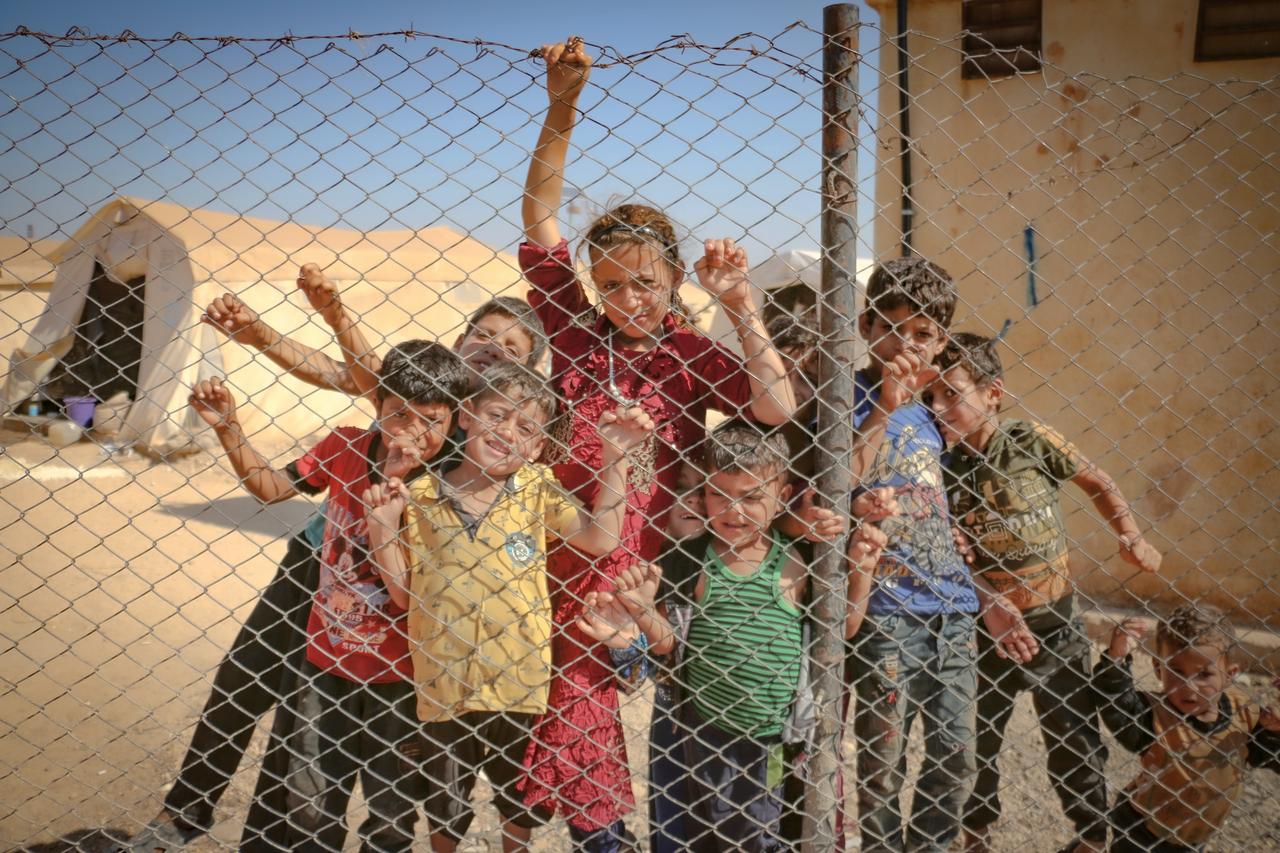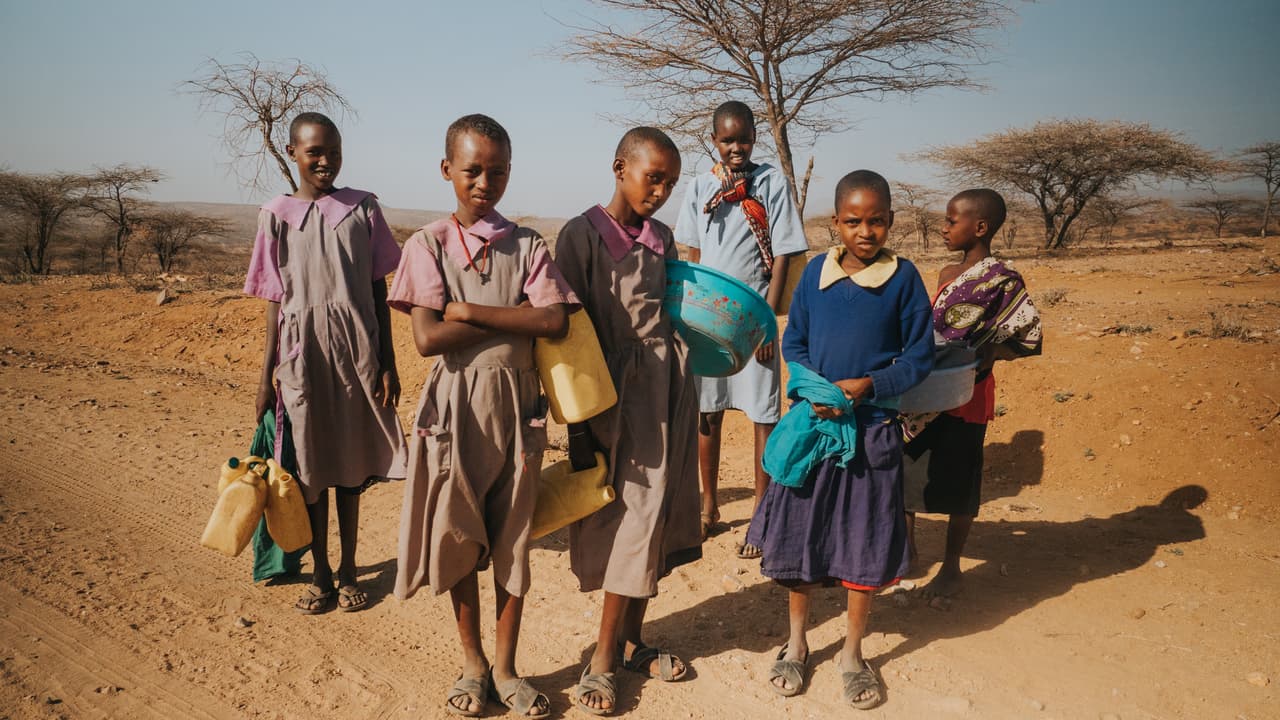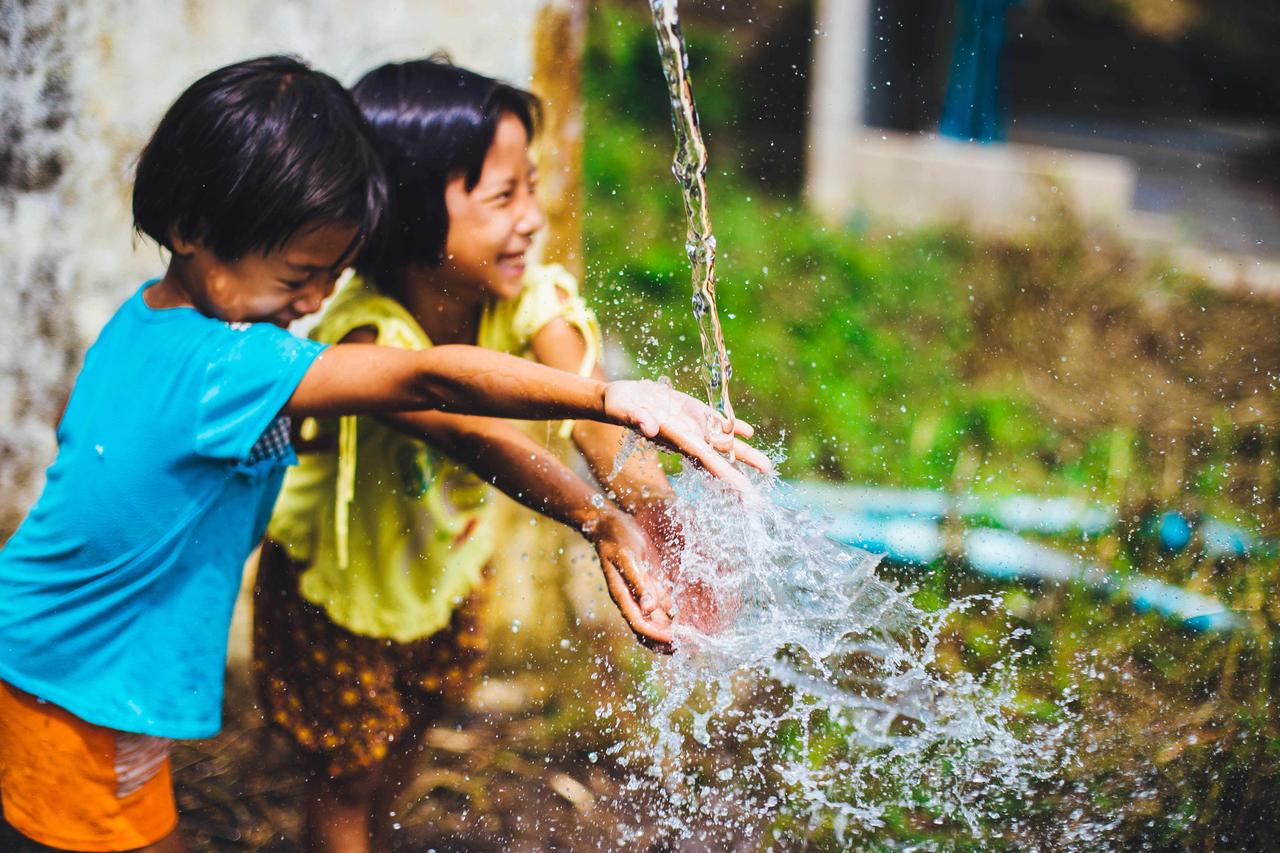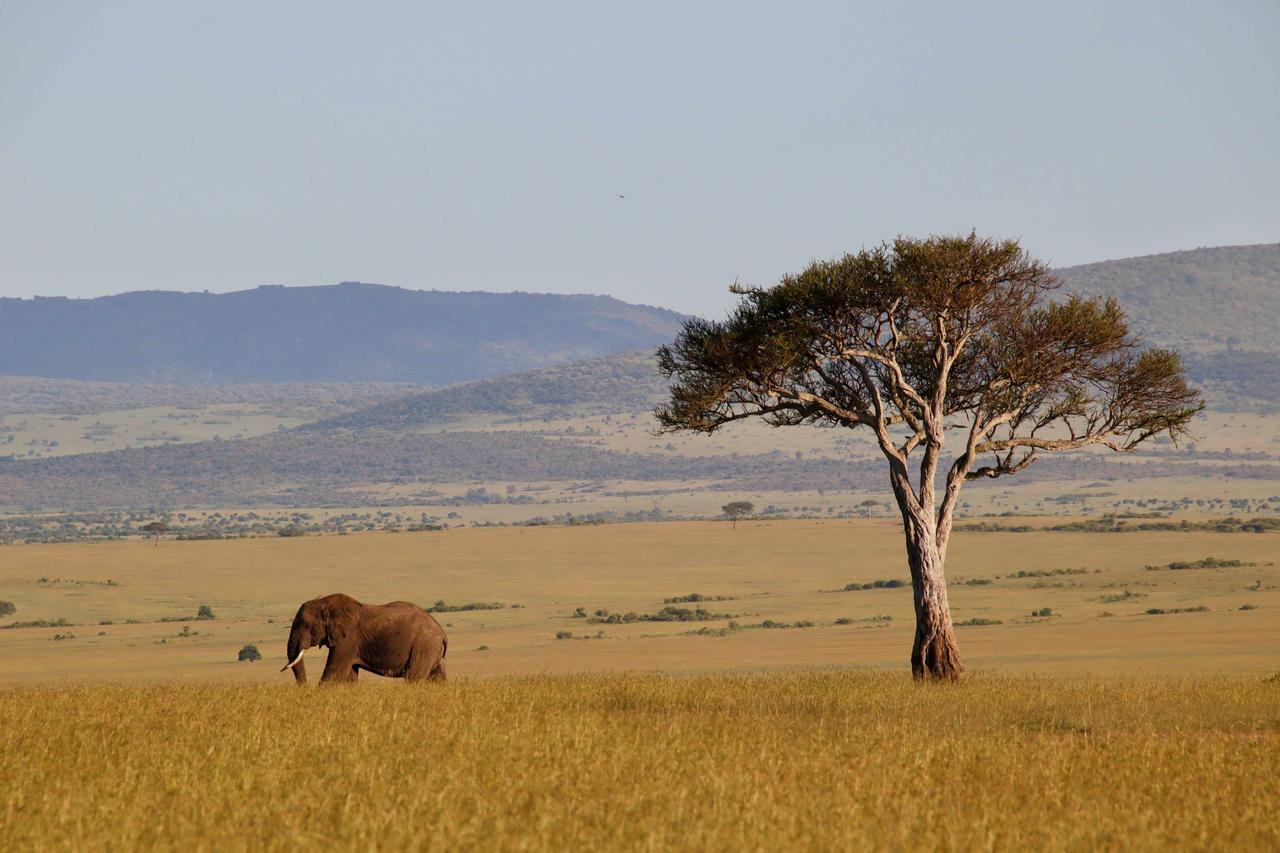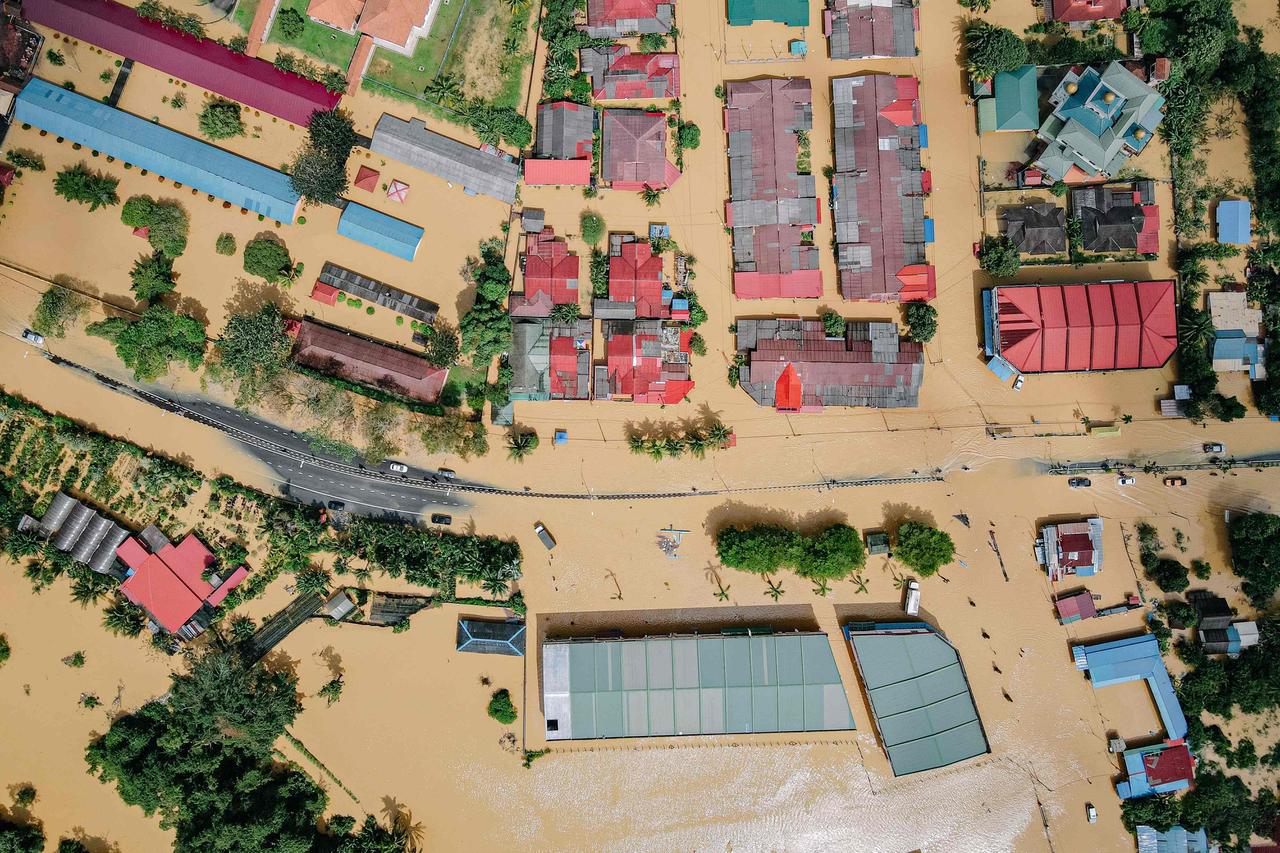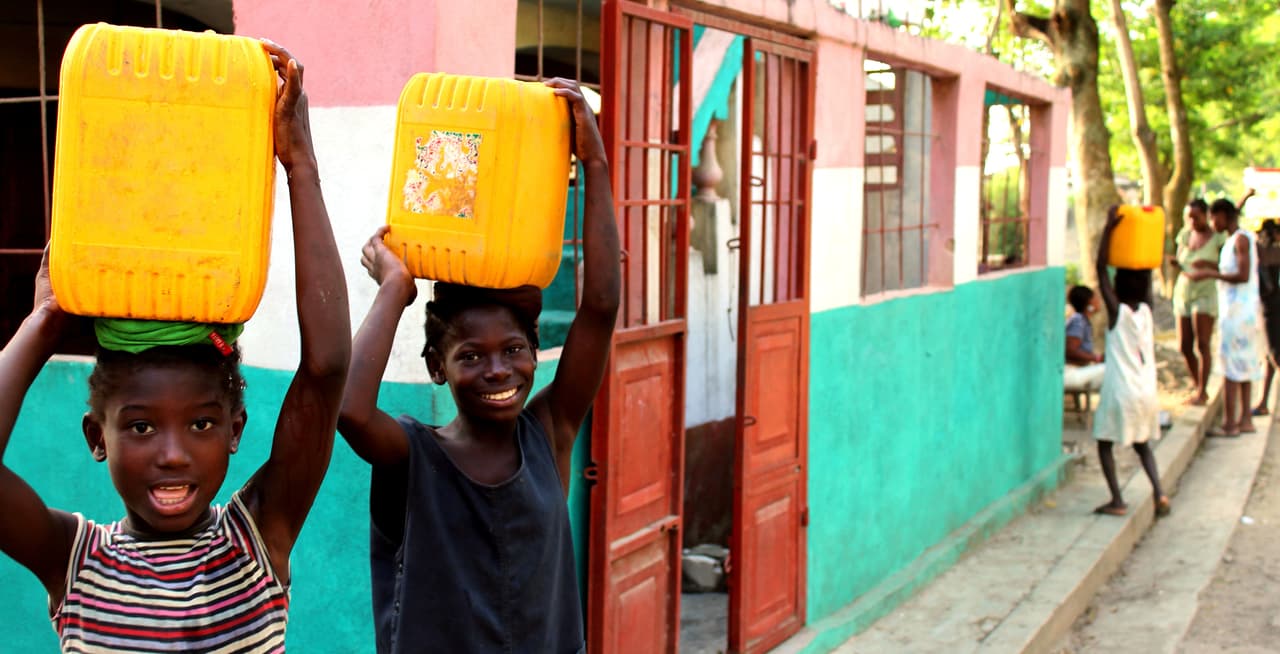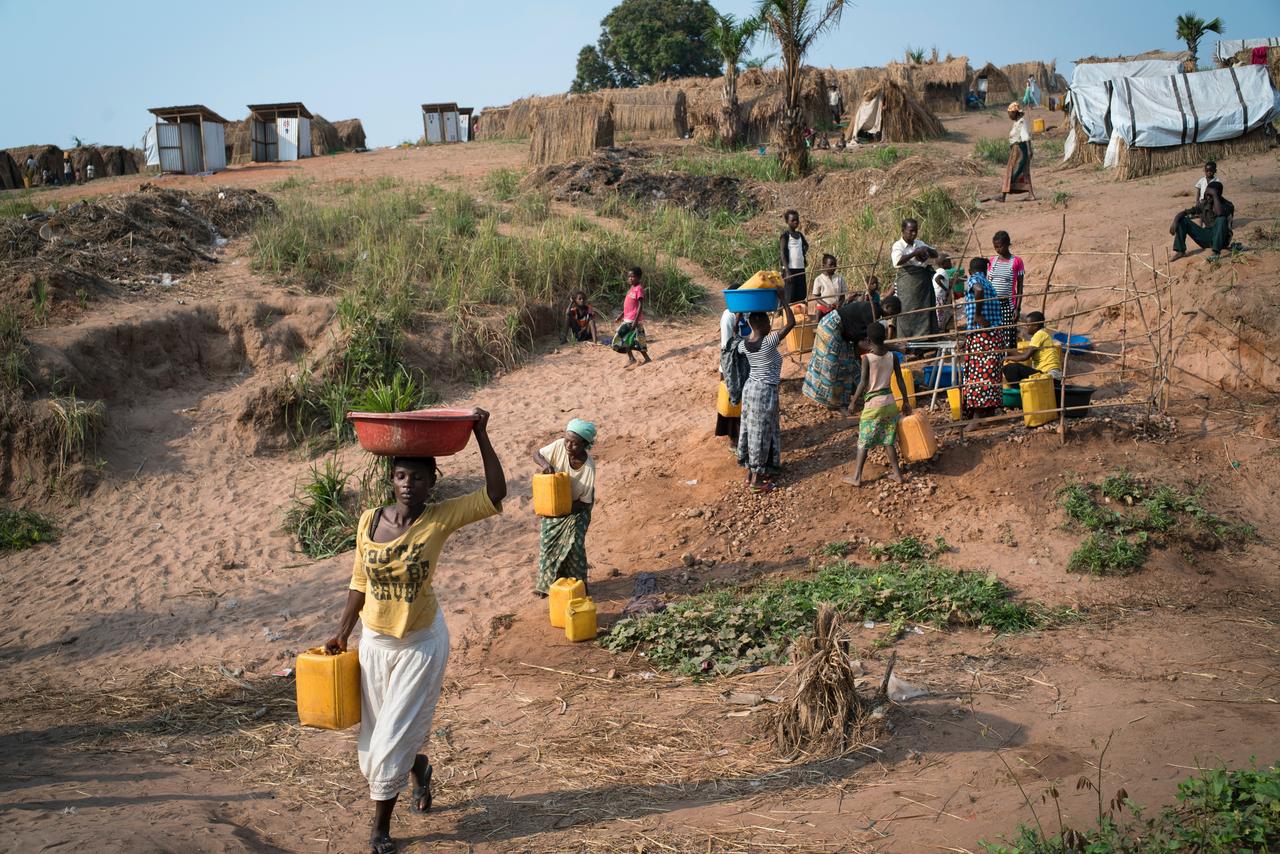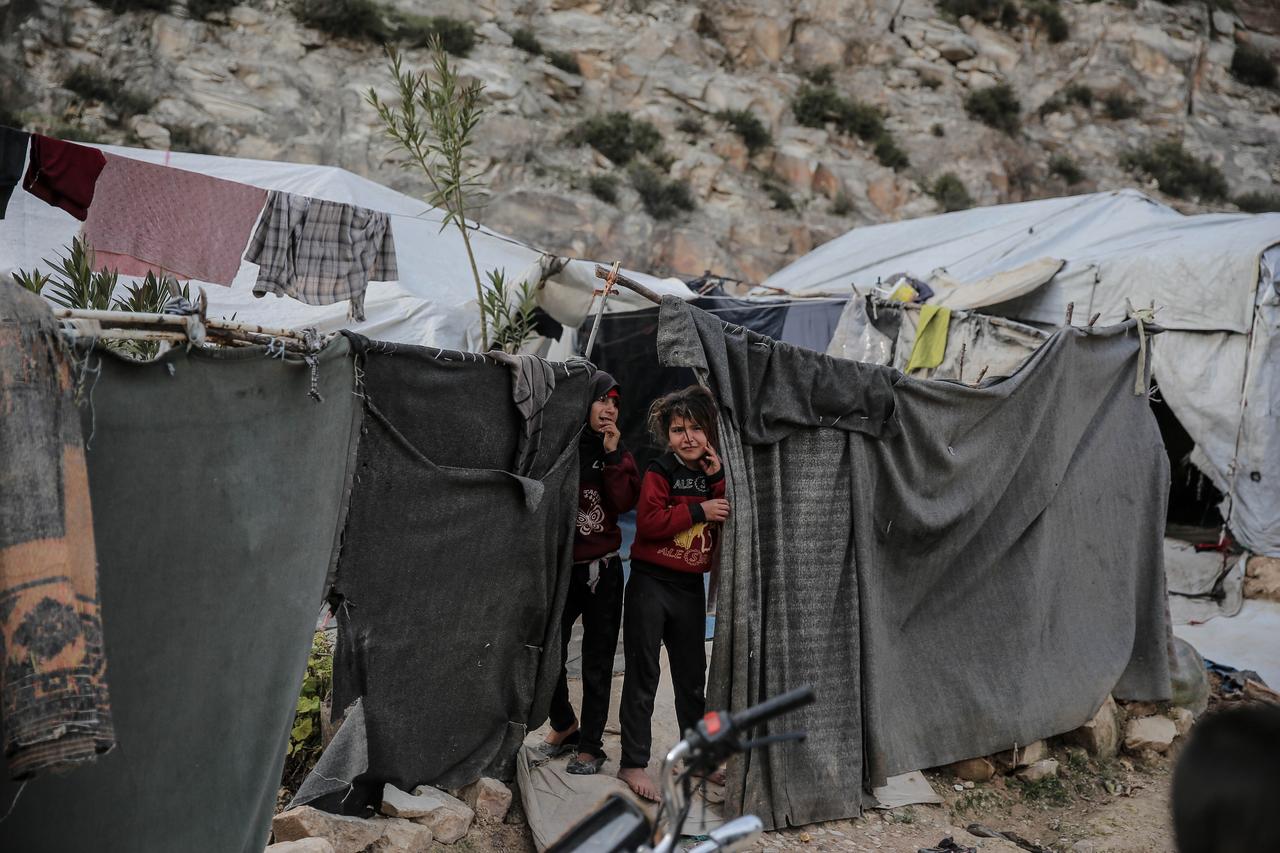
Children are our future — and the United Nations International Children’s Emergency Fund helps guarantee every child gets one. Discover their current goals for helping children in need.
Children around the world need defending — and the United Nations International Children’s Emergency Fund (UNICEF) serves as a beacon of hope for children in times of brutality. Established in World War II to address the urgent need to support children impacted by displacement and violence; UNICEF provides funding for integral resources that communities in peril no longer have access to: food, water, medical care and shelter.
Children impacted by violence face lasting psychological damage from the trauma of living in a state of survival. Currently, over 110 million children need humanitarian intervention. With the mounting threats of climate change and global economic instability, it’s more important than ever that we place a spotlight on UNICEF’s current courageous efforts to provide hope for children. Their missions include 12 world emergencies which account for 54% of the 362 million people in need. This WORLD HUMANITARIAN DAY, learn about a few of the emergencies requiring additional assistance, aid and funding.
UNICEF’s Ongoing Missions
- Sudan: the violent conflict in Sudan has left millions of children displaced and hungry. 13.6 million children have been impacted by the civil war. The war has left children in Sudan with food insecurity, malnutrition, and with no access to education or medical care. Prior to the 2023 conflict, Sudan was already in need due to their history of ongoing conflict and poverty; 1.9 million children had already been separated from their homes before the 2023 political crisis.
- Burkina Faso: Two military coups occurred in Burkina Faso in 2022 — and that's only the beginning of their struggle. Jihadists from Mali have been attacking the country for years, with no end in sight. The conflict has caused 3.2 million children to become displaced. As a result of food insecurity from violence and the effects of climate change, including the flooding of crops, 400,000 children in Burkina Faso become malnourished a year.
- Democratic Republic of Congo: Children living in the Democratic Republic of Congo are faced with a lifetime of terror. The United Nations has officially verified that the DRC has committed over 3,000 grave violations against children — making it the worst country in the world for the health and rights of children. This is a direct result from ongoing recruitment of children to the army, malnutrition, maiming, violence and abductions.
- Myanmar: 7.8 million children in Myanmar were out of school in 2022 due to the armed conflict. Children among this number have been forcefully recruited to the army and have been held as political prisoners. 382 children have been killed as a result of the armed violence. Child trafficking, abduction and sexual abuse is also a pressing concern needing immediate address in the country.
- Haiti: Children in Haiti are still facing the aftermath of the COVID-19 pandemic and political unrest after the assassination of their president in 2021. 58% of children in Haiti are not fully vaccinated against diseases because of the lack of access to healthcare during the pandemic — a lack of access which has continued into 2023. In addition to the health care crisis, gangs have become rampant in Haiti following the assassination of President Jovenel Moise and control 80% of the nation’s capital, Port-au-Prince. Children are especially vulnerable to gang violence — the gangs often limit access to schools, hospitals and resources as a means of control.
- Ethiopia: The worst drought in recent history is currently happening in Ethiopia as a result of unpredictable rainy seasons caused by climate change. This has rendered agricultural land useless; causing over 10 million people and children to face food insecurity. 3.9 million children are considered malnourished in Ethiopia; making their food crisis one of the worst in the world.
- Yemen: The worst famine in human history is happening in Yemen. 17 million people do not have access to food. 3.6 million pregnant women, mothers and young children under five are facing severe malnutrition. This urgent crisis was caused by the Yemeni Civil War — an economic war which started in 2016 and continues today. The war has placed families in dire financial situations that leave them with few options for income. The cost of food has risen dramatically and is now unaccessible for millions. The hunger crisis has a disproportionate impact on girls — 1.4 million girls under 18 were married for money in 2022. This is an example of the domino effect that the civil war has created throughout Yemen. Urgent funding is needed in order to stop the largest hunger and humanitarian crisis from growing.
Each country included in this overview has a funding gap between 78-93%. But there are several other countries also urgently needing funding: Somalia, South Sudan, Bangladesh, Afghanistan and the Syrian Arab Republic. UNICEF works tirelessly to ensure every child has hope for a future. But without critical funding from donors like you, this goal is not possible.
For every child, for all of HUMANITY — donate with VAKOVAKO.
